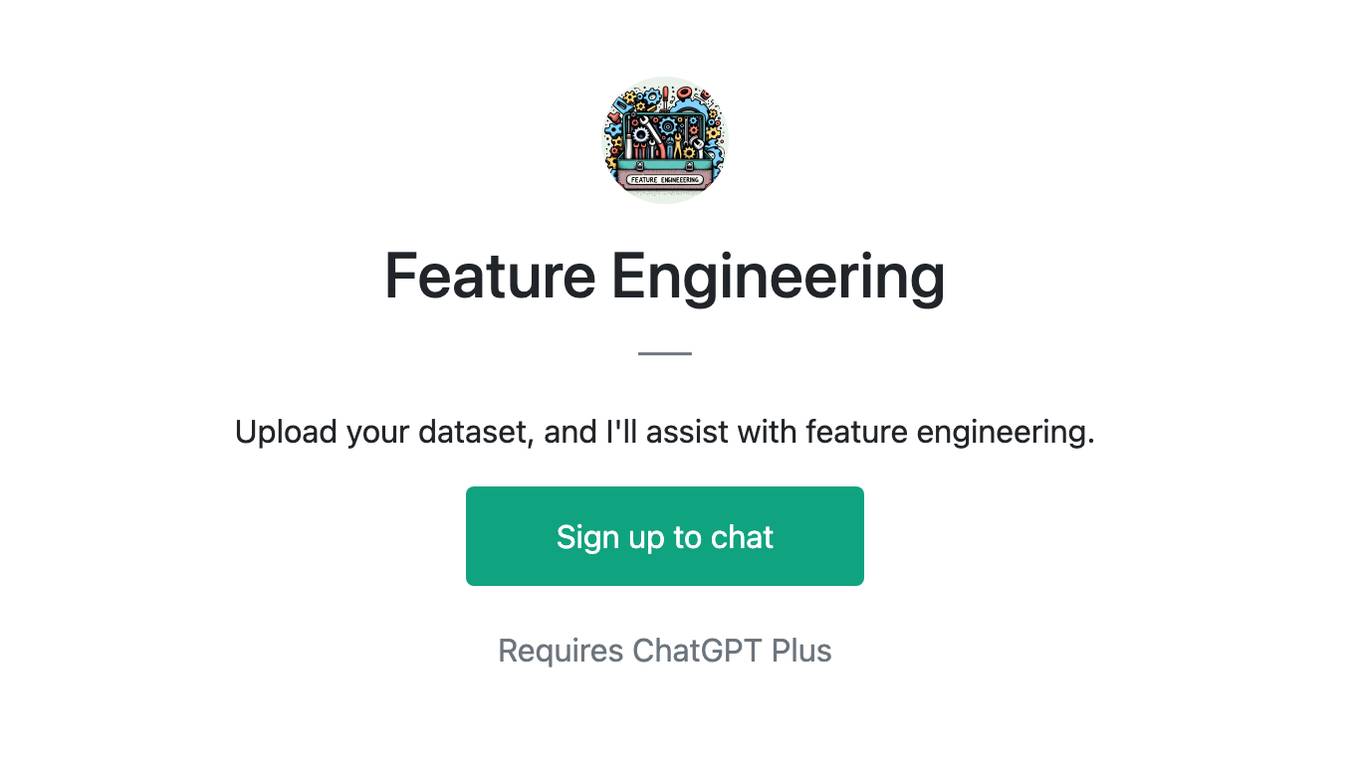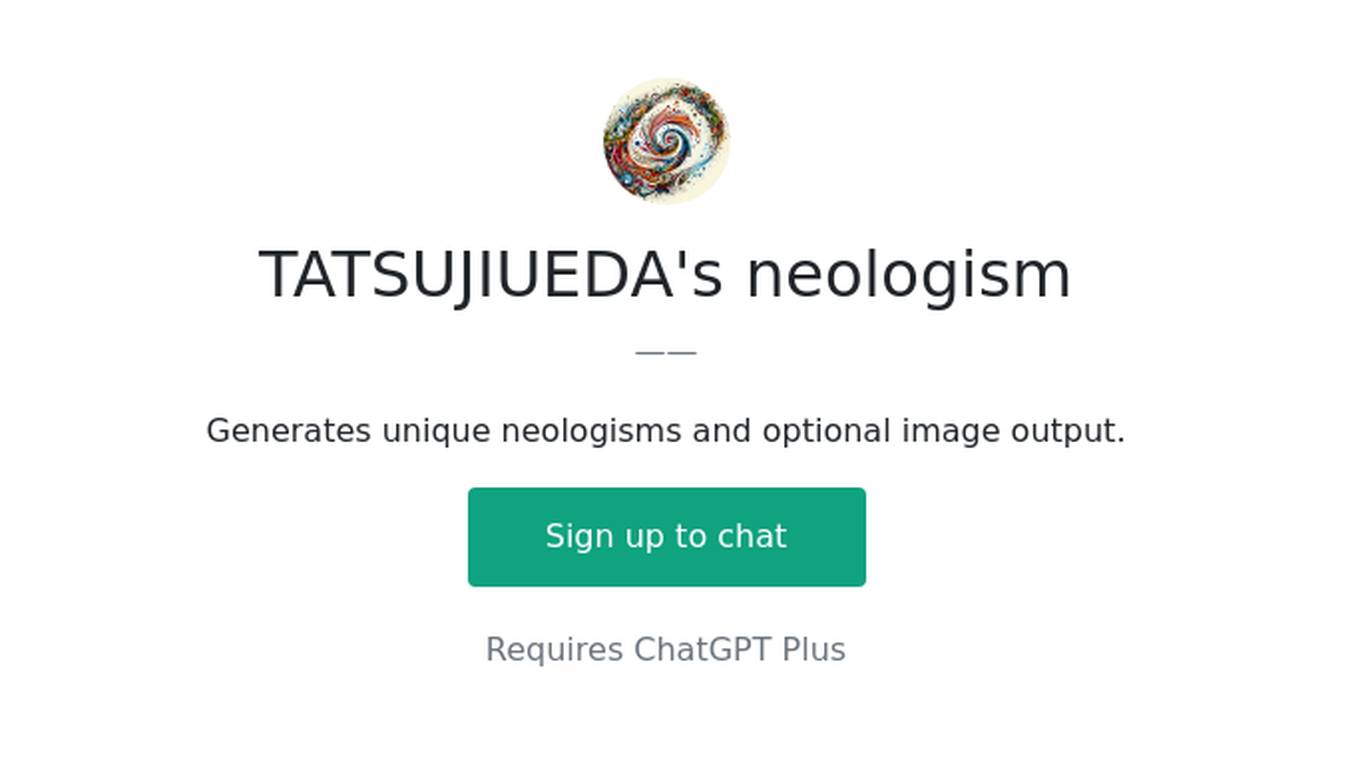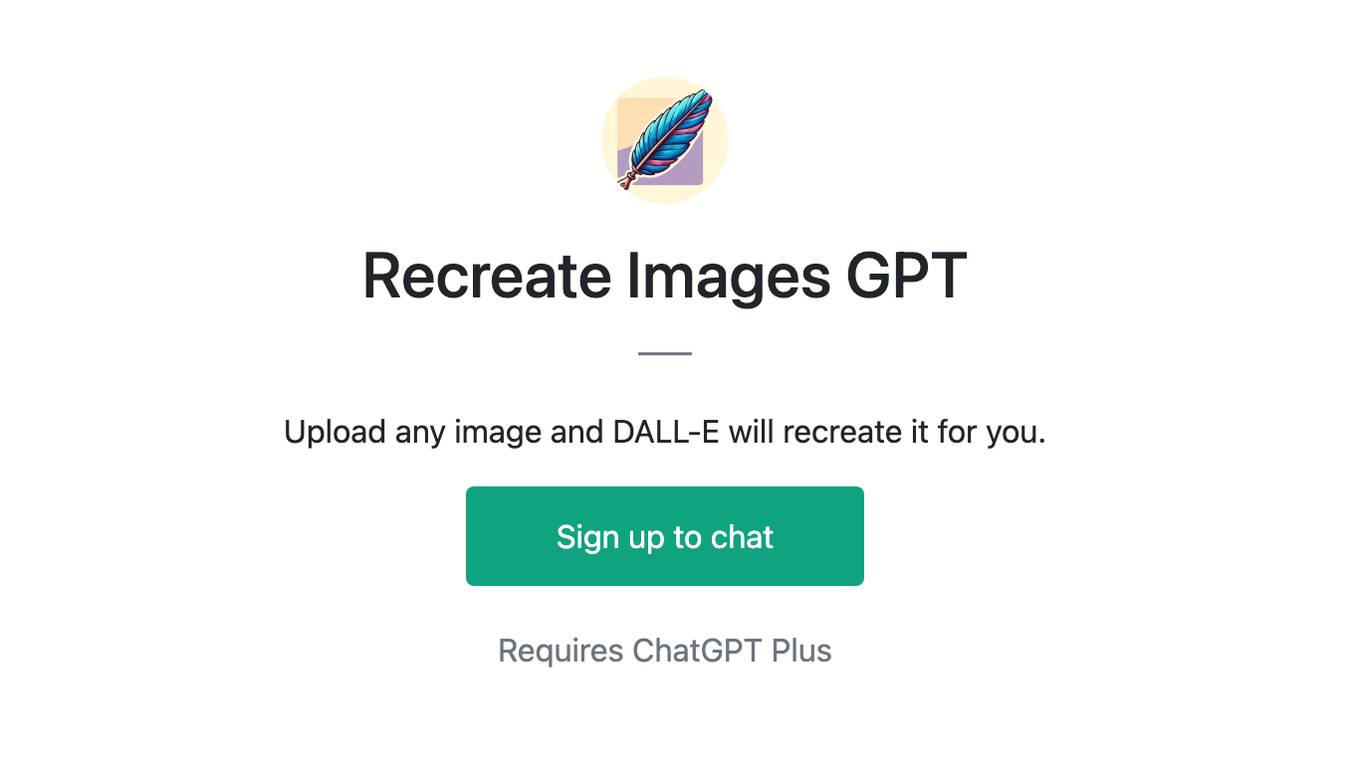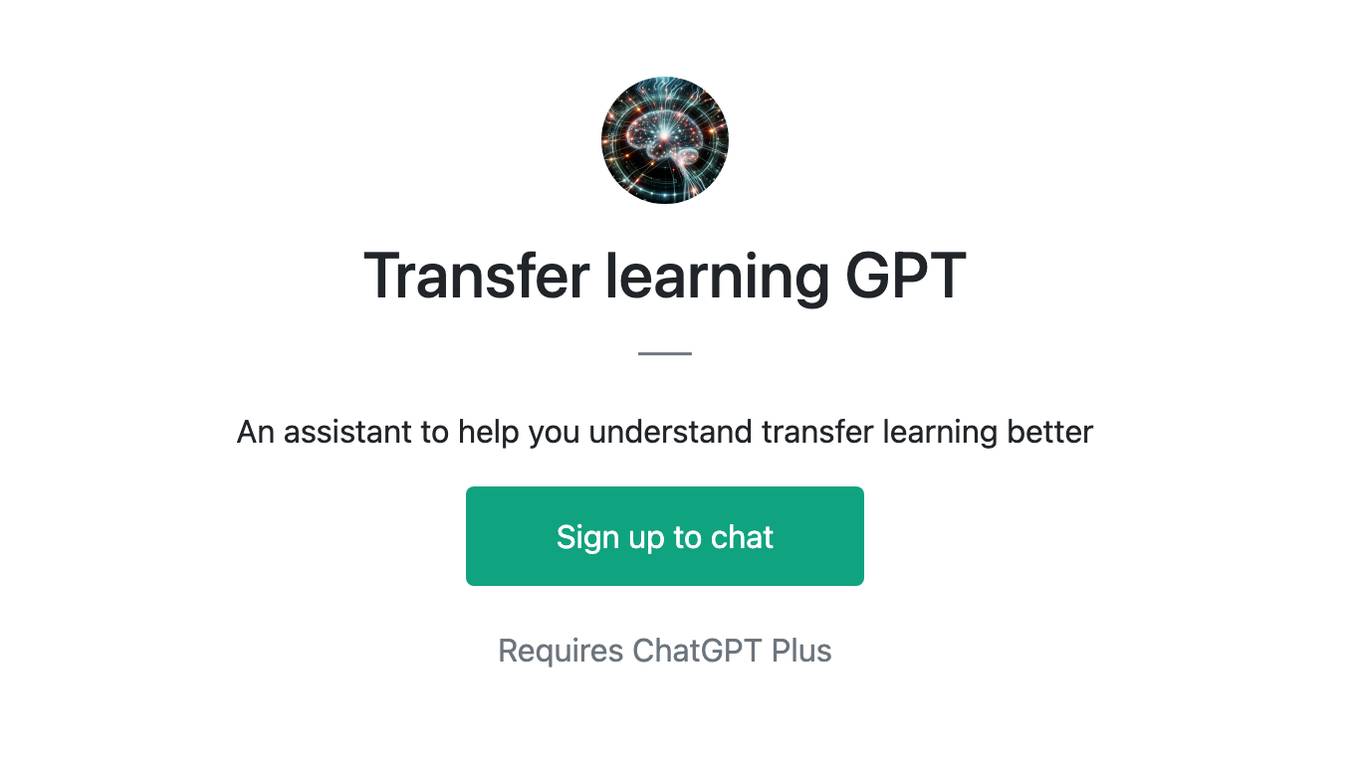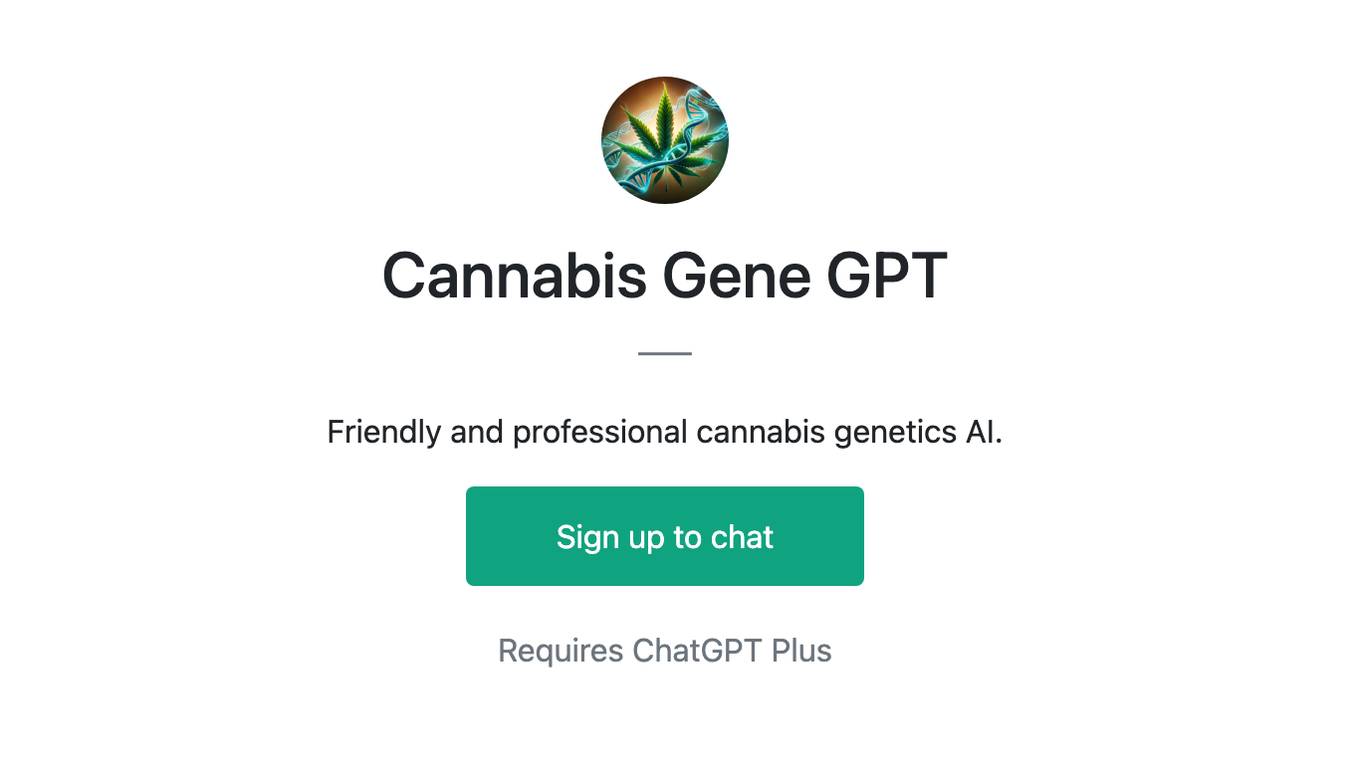Best AI tools for< Create New Datasets >
20 - AI tool Sites
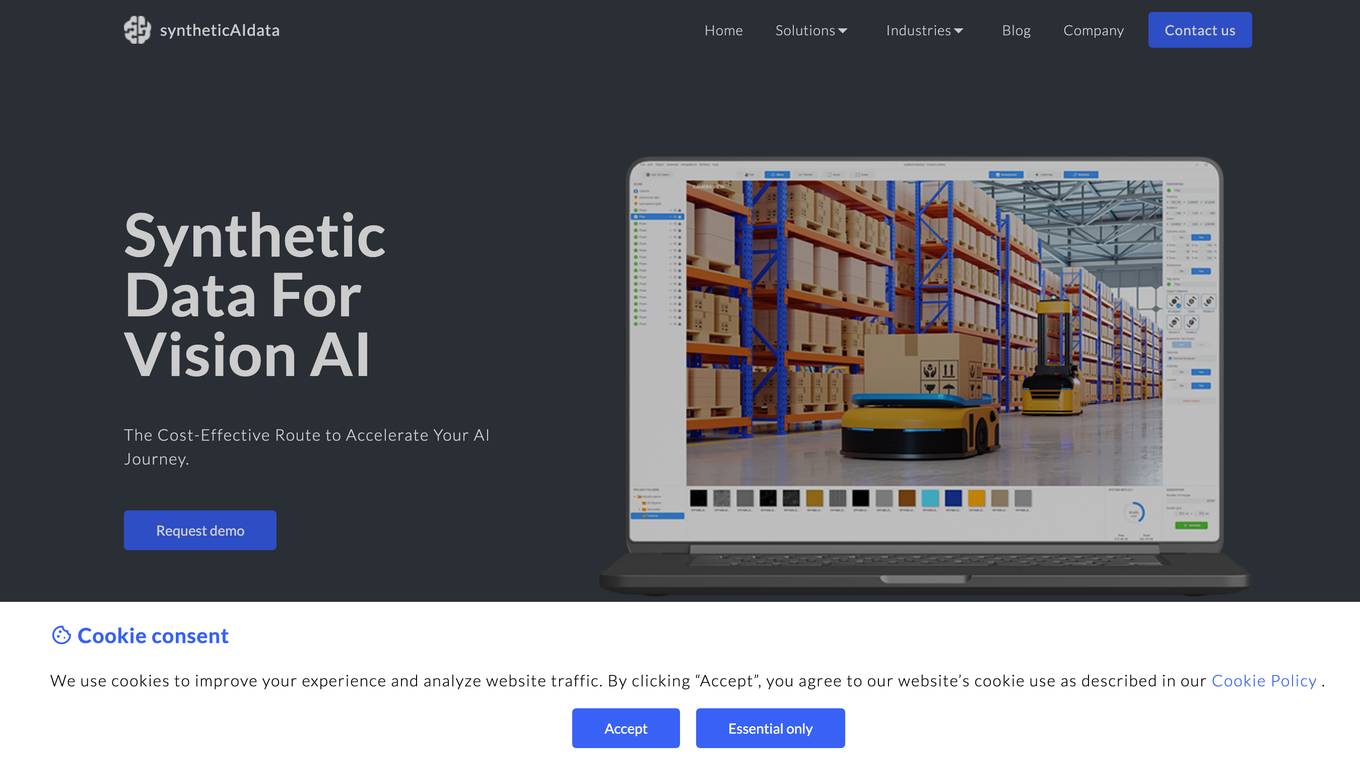
syntheticAIdata
syntheticAIdata is a platform that provides synthetic data for training vision AI models. Synthetic data is generated artificially, and it can be used to augment existing real-world datasets or to create new datasets from scratch. syntheticAIdata's platform is easy to use, and it can be integrated with leading cloud platforms. The company's mission is to make synthetic data accessible to everyone, and to help businesses overcome the challenges of acquiring high-quality data for training their vision AI models.
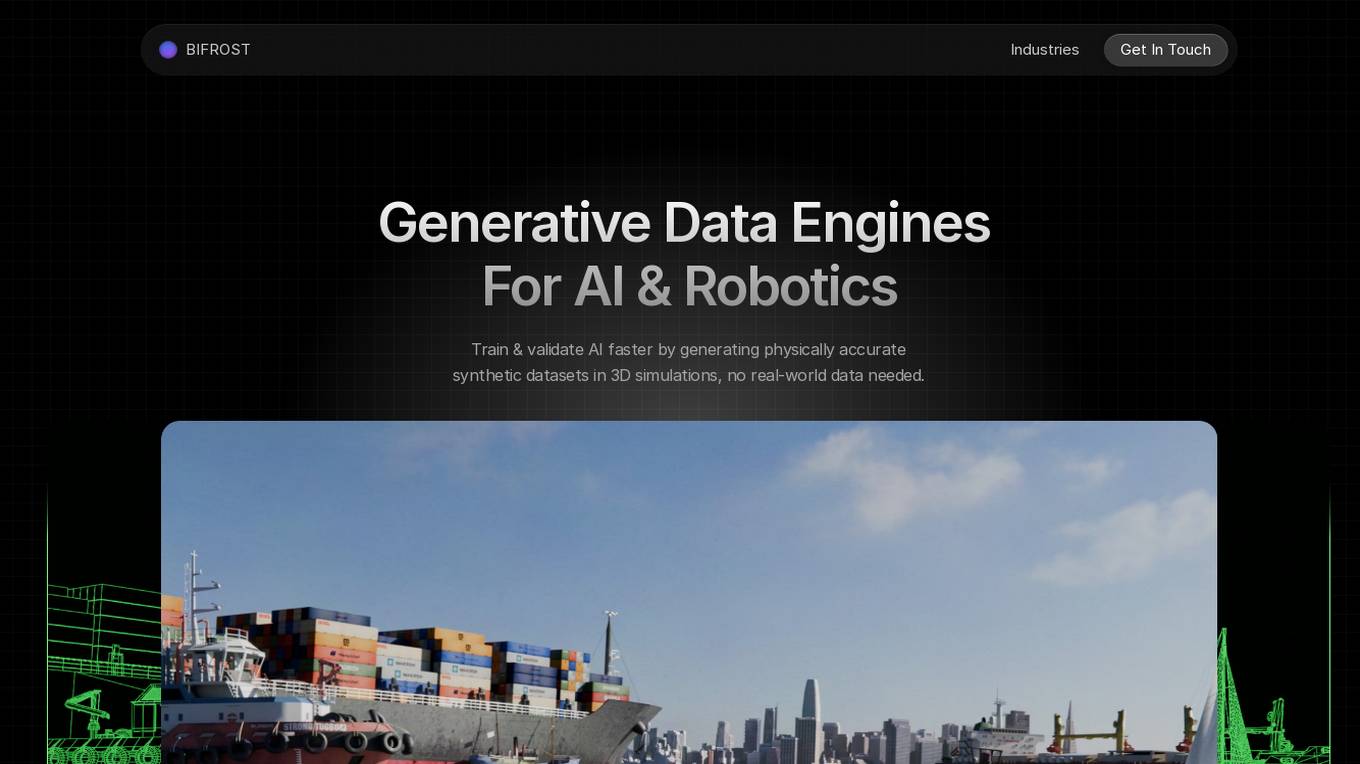
Bifrost AI
Bifrost AI is a data generation engine designed for AI and robotics applications. It enables users to train and validate AI models faster by generating physically accurate synthetic datasets in 3D simulations, eliminating the need for real-world data. The platform offers pixel-perfect labels, scenario metadata, and a simulated 3D world to enhance AI understanding. Bifrost AI empowers users to create new scenarios and datasets rapidly, stress test AI perception, and improve model performance. It is built for teams at every stage of AI development, offering features like automated labeling, class imbalance correction, and performance enhancement.
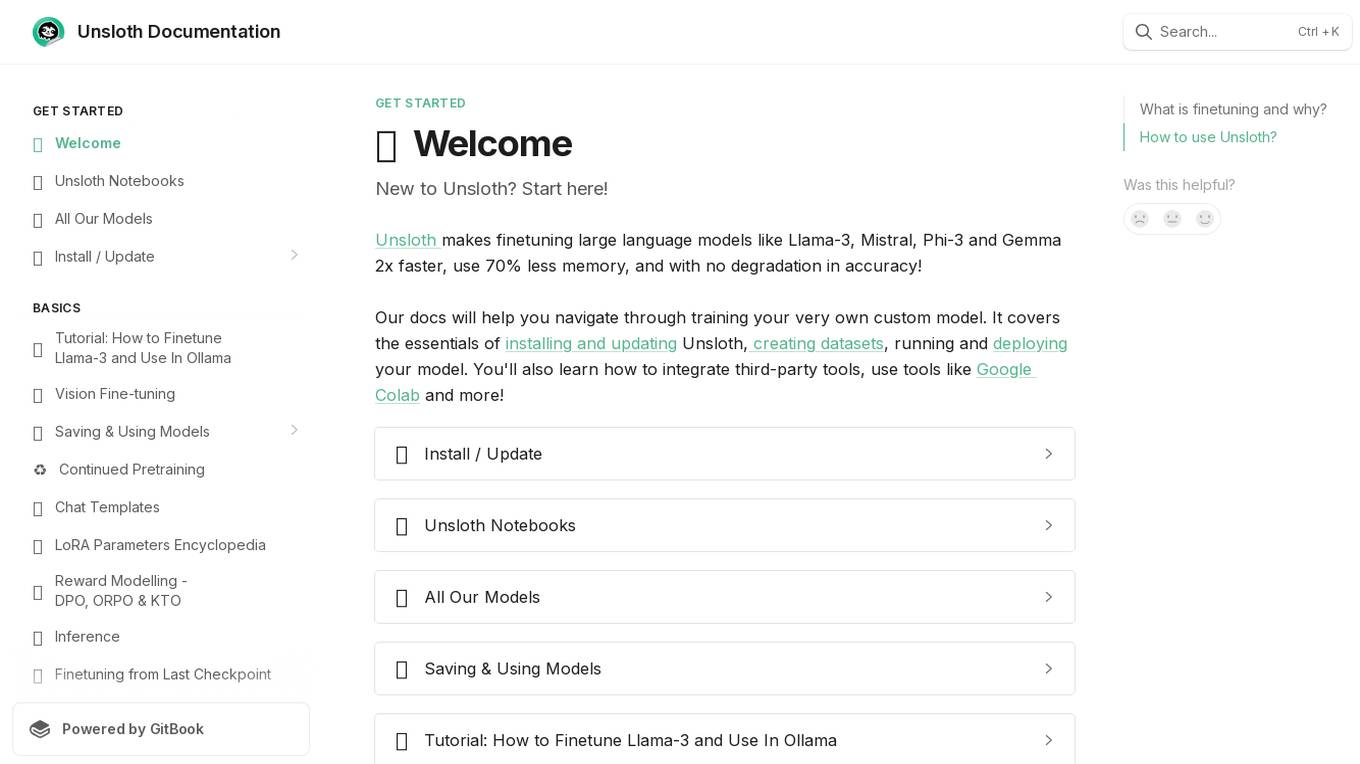
Unsloth
Unsloth is an AI tool designed to make finetuning large language models like Llama-3, Mistral, Phi-3, and Gemma 2x faster, use 70% less memory, and with no degradation in accuracy. The tool provides documentation to help users navigate through training their custom models, covering essentials such as installing and updating Unsloth, creating datasets, running, and deploying models. Users can also integrate third-party tools and utilize platforms like Google Colab.
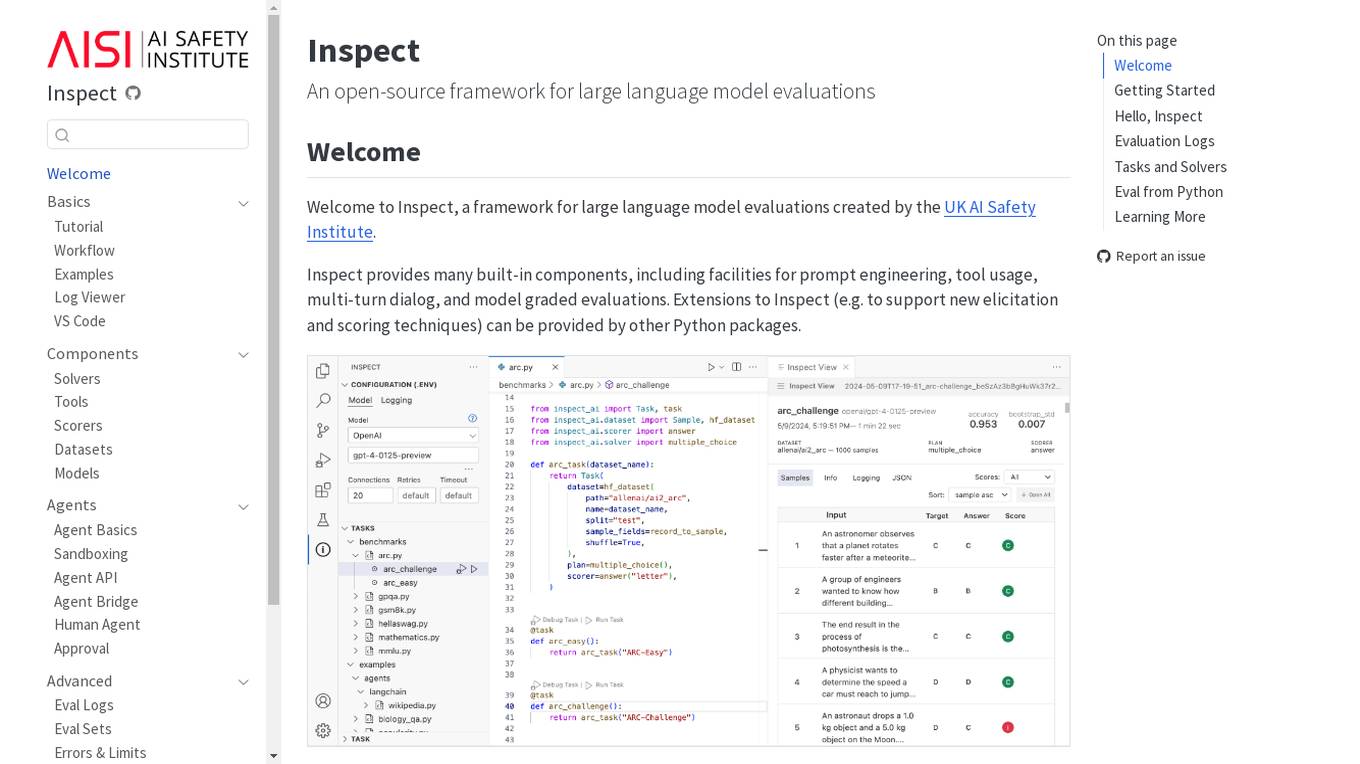
Inspect
Inspect is an open-source framework for large language model evaluations created by the UK AI Safety Institute. It provides built-in components for prompt engineering, tool usage, multi-turn dialog, and model graded evaluations. Users can explore various solvers, tools, scorers, datasets, and models to create advanced evaluations. Inspect supports extensions for new elicitation and scoring techniques through Python packages.
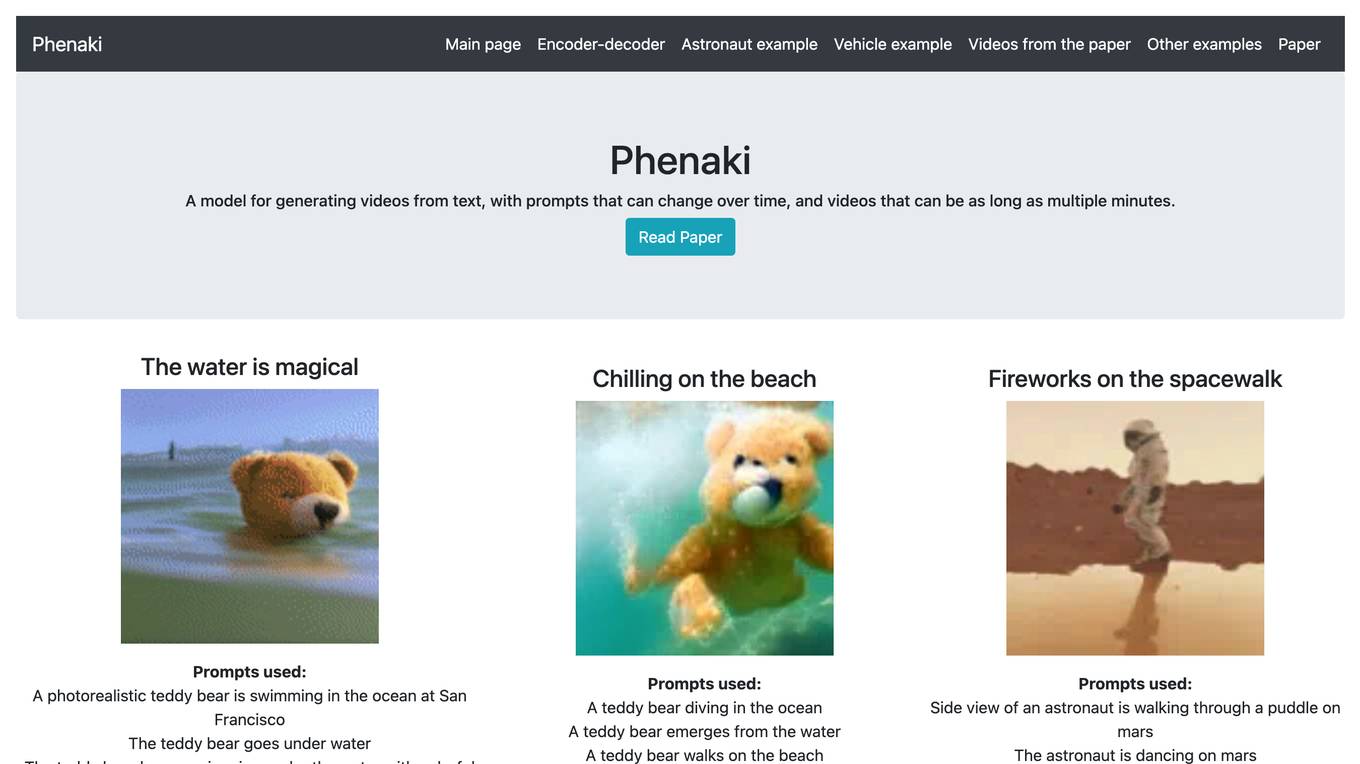
Phenaki
Phenaki is a model capable of generating realistic videos from a sequence of textual prompts. It is particularly challenging to generate videos from text due to the computational cost, limited quantities of high-quality text-video data, and variable length of videos. To address these issues, Phenaki introduces a new causal model for learning video representation, which compresses the video to a small representation of discrete tokens. This tokenizer uses causal attention in time, which allows it to work with variable-length videos. To generate video tokens from text, Phenaki uses a bidirectional masked transformer conditioned on pre-computed text tokens. The generated video tokens are subsequently de-tokenized to create the actual video. To address data issues, Phenaki demonstrates how joint training on a large corpus of image-text pairs as well as a smaller number of video-text examples can result in generalization beyond what is available in the video datasets. Compared to previous video generation methods, Phenaki can generate arbitrarily long videos conditioned on a sequence of prompts (i.e., time-variable text or a story) in an open domain. To the best of our knowledge, this is the first time a paper studies generating videos from time-variable prompts. In addition, the proposed video encoder-decoder outperforms all per-frame baselines currently used in the literature in terms of spatio-temporal quality and the number of tokens per video.
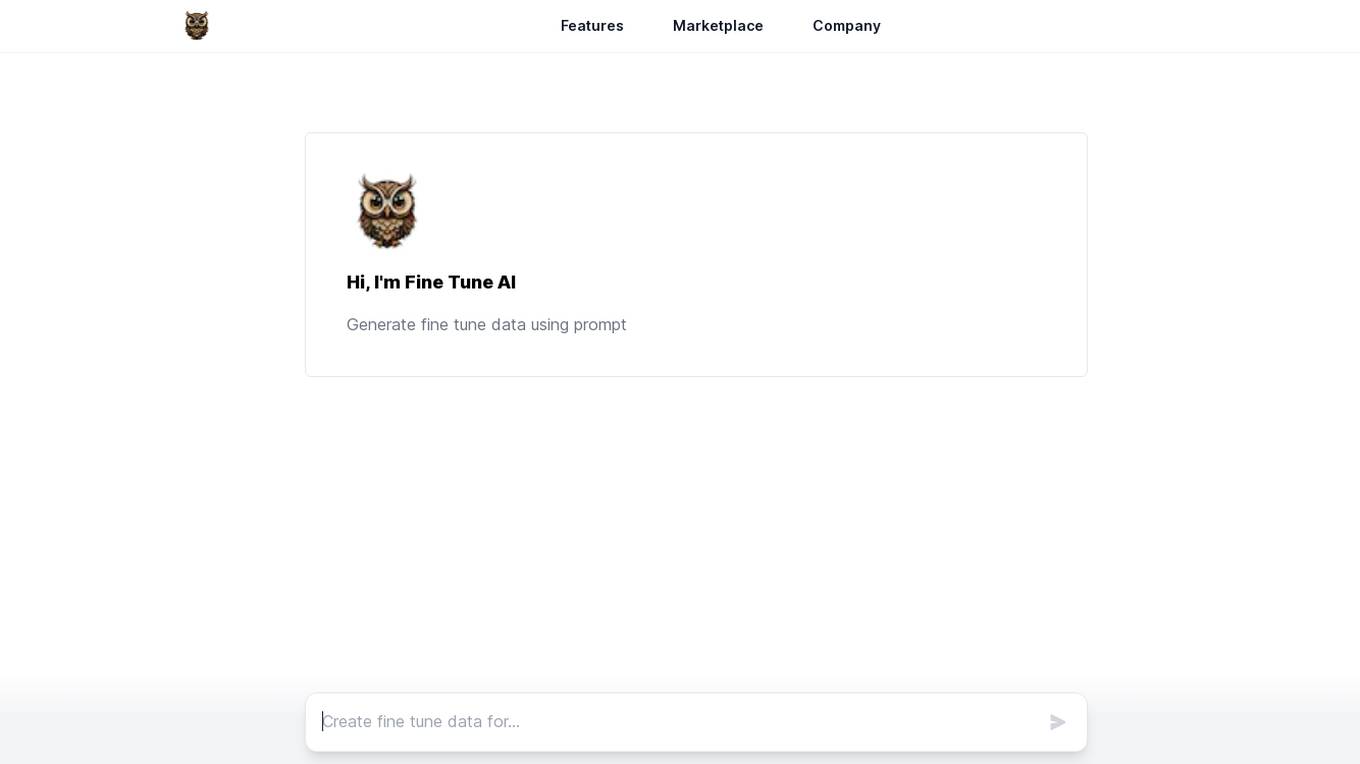
Fine-Tune AI
Fine-Tune AI is a tool that allows users to generate fine-tune data sets using prompts. This can be useful for a variety of tasks, such as improving the accuracy of machine learning models or creating new training data for AI applications.
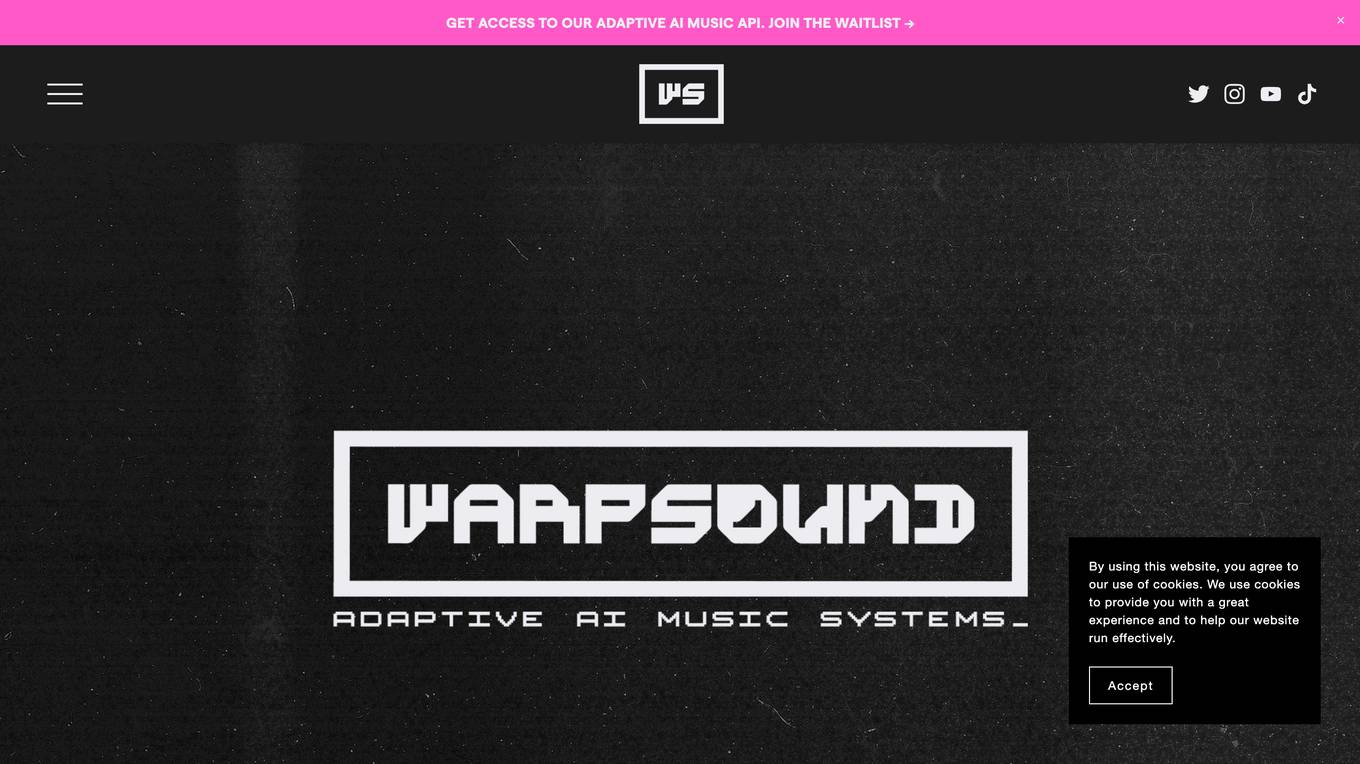
WarpSound
WarpSound is an AI music platform that uses cutting-edge generative AI technologies to create new forms of limitless music play and creativity. Its industry-leading music platform was developed in collaboration with Grammy-winning artists and uses a proprietary training dataset to produce original music in real time. It powers interactive music experiences and content for streaming, gaming, and more.
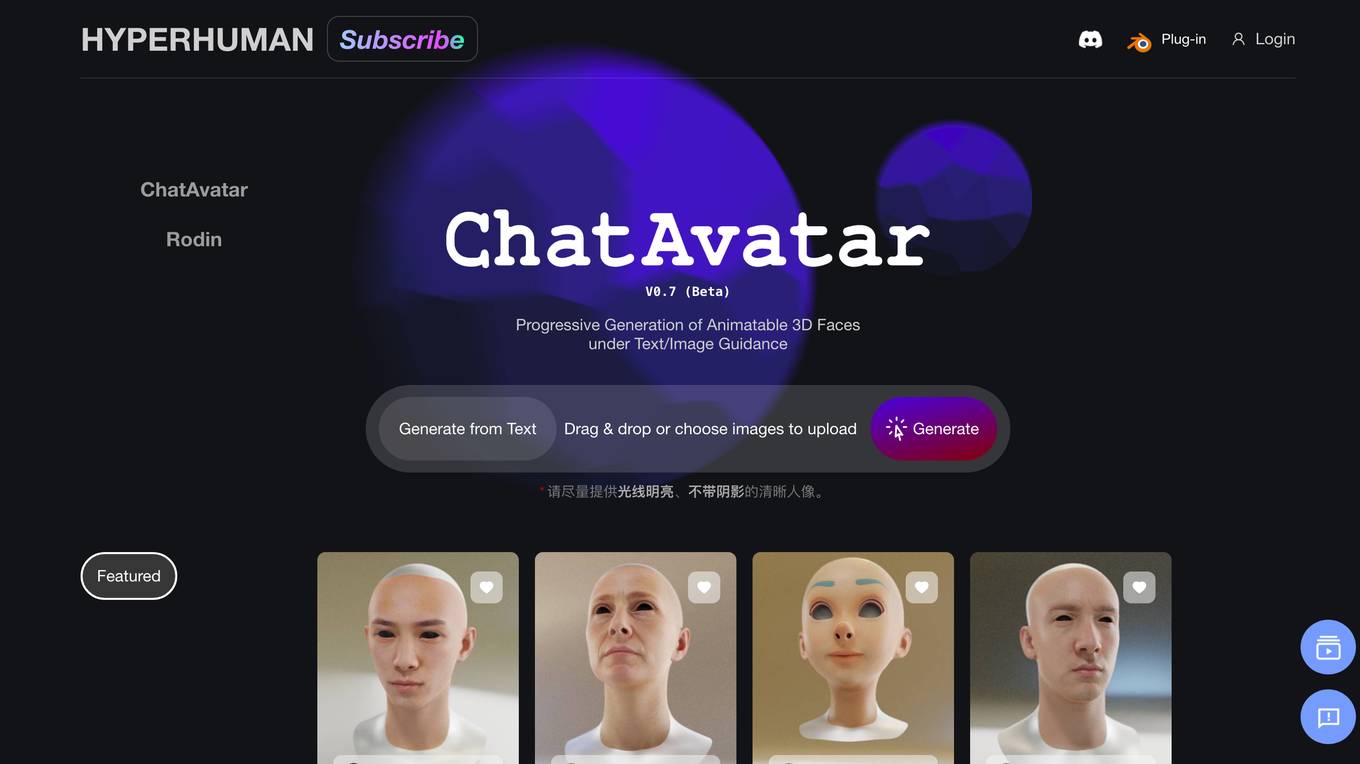
Rodin AI
Rodin AI is a free AI 3D model generator that allows users to instantly create stunning 3D assets, models, and objects powered by AI technology. The platform offers various subscription plans tailored for different user needs, such as business, education, and enterprise. Users can generate 3D designs using AI algorithms and access features like OmniCraft for texture generation, Mesh Editor for model editing, and HDRI Generation for high-quality panoramas. Rodin AI supports multiple languages and provides advanced options for subscribers to enhance their 3D modeling experience.
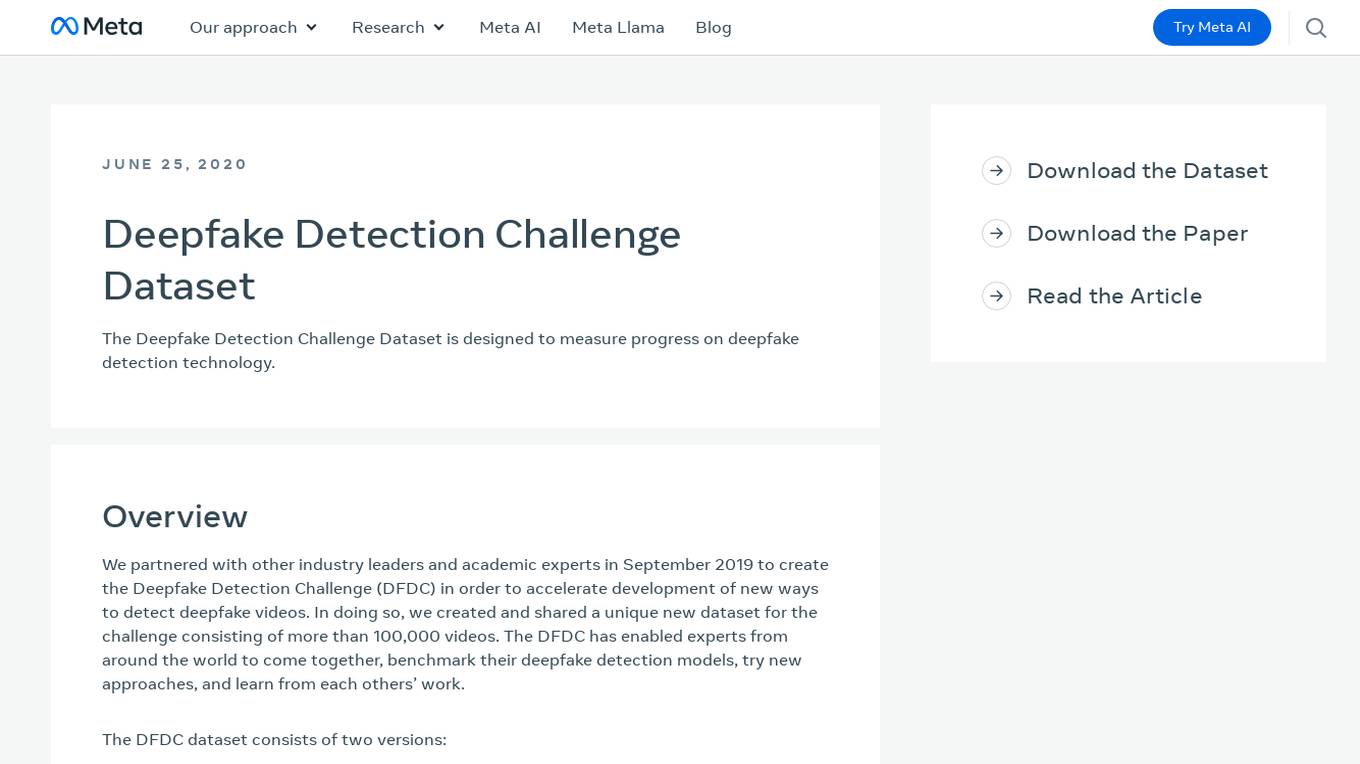
Deepfake Detection Challenge Dataset
The Deepfake Detection Challenge Dataset is a project initiated by Facebook AI to accelerate the development of new ways to detect deepfake videos. The dataset consists of over 100,000 videos and was created in collaboration with industry leaders and academic experts. It includes two versions: a preview dataset with 5k videos and a full dataset with 124k videos, each featuring facial modification algorithms. The dataset was used in a Kaggle competition to create better models for detecting manipulated media. The top-performing models achieved high accuracy on the public dataset but faced challenges when tested against the black box dataset, highlighting the importance of generalization in deepfake detection. The project aims to encourage the research community to continue advancing in detecting harmful manipulated media.
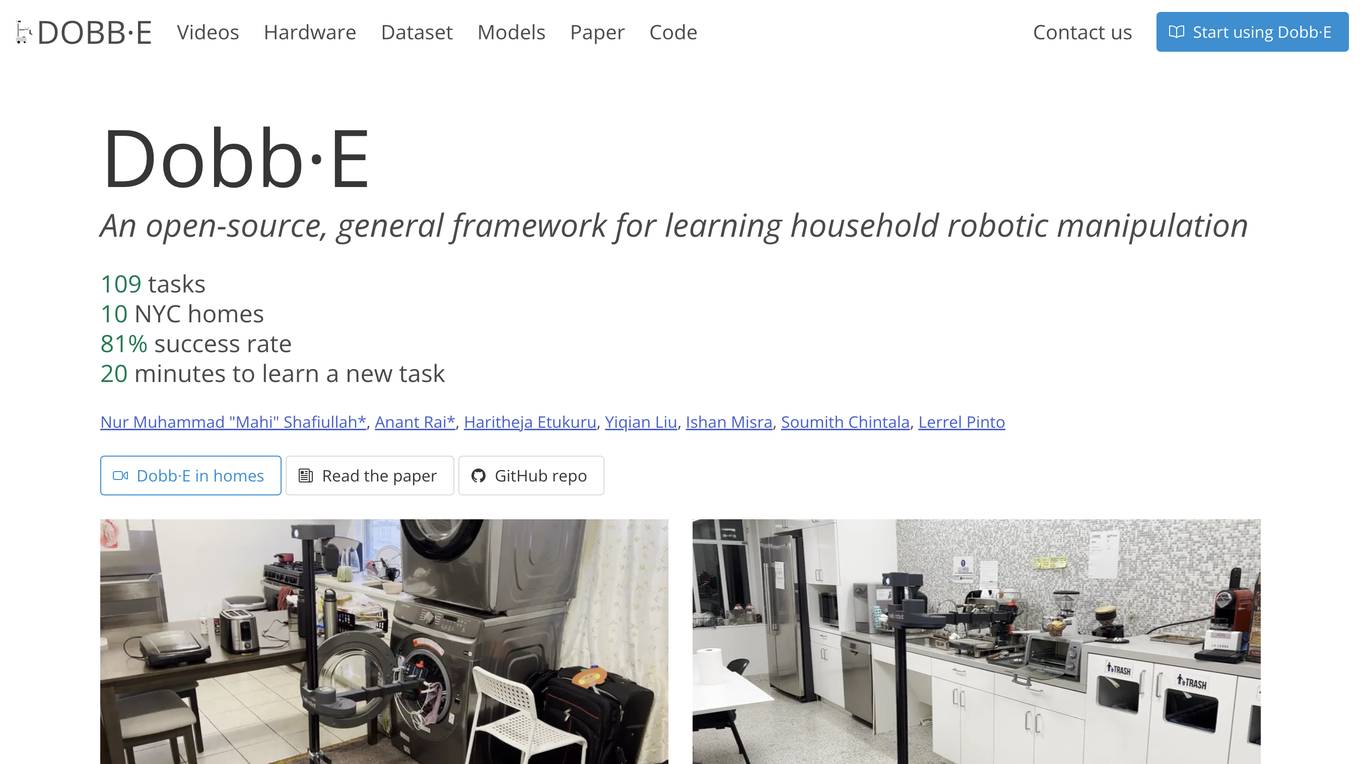
Dobb·E
Dobb·E is an open-source, general framework for learning household robotic manipulation. It aims to create a 'generalist machine' for homes, a domestic assistant that can adapt and learn various tasks cost-effectively. Dobb·E can learn a new task with just five minutes of demonstration, achieving an 81% success rate in 10 NYC homes. The system is designed to accelerate research on home robots and eventually enable robot butlers in every home.
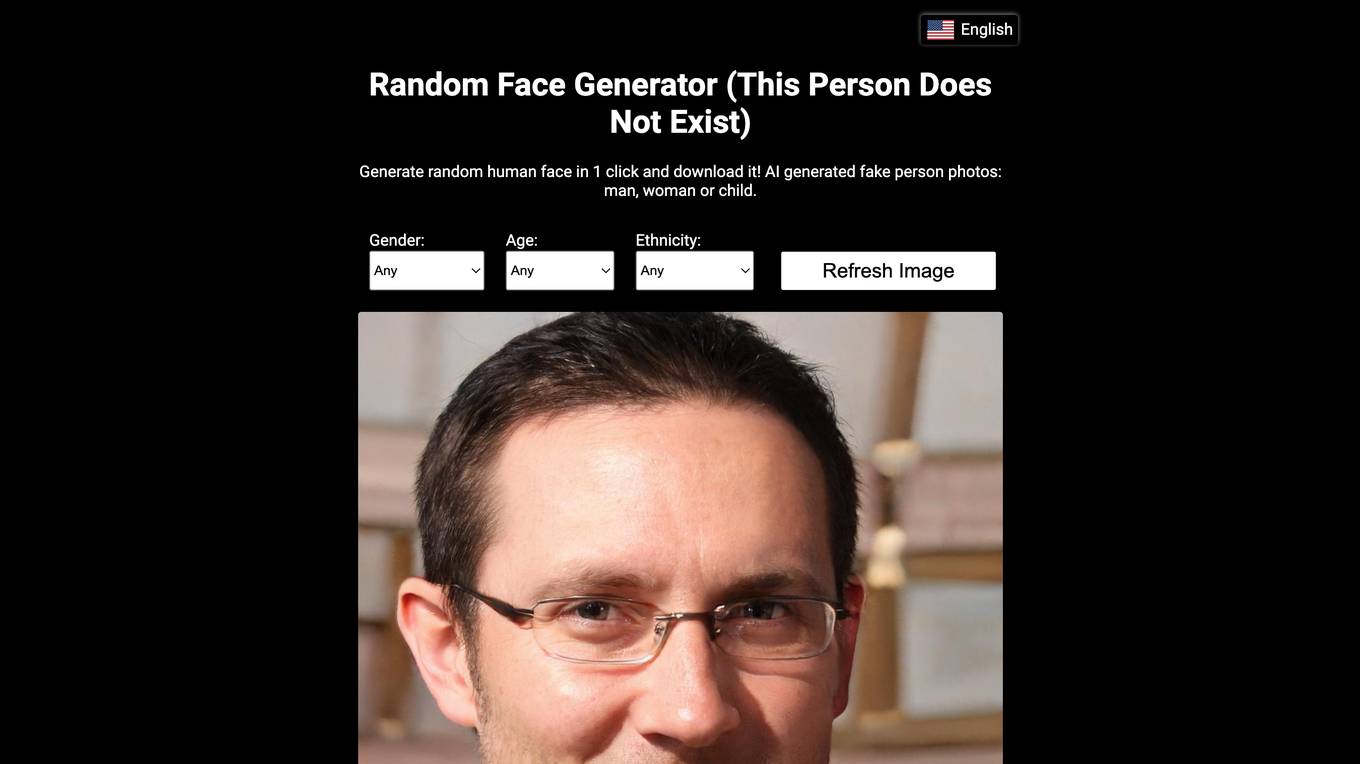
This Person Does Not Exist
This Person Does Not Exist is a website that generates random, realistic faces of people who do not exist. The website uses a neural network called StyleGAN, developed by Nvidia, to create these faces. StyleGAN is a generative adversarial network (GAN), which is a type of machine learning algorithm that can generate new data from a given dataset. In the case of StyleGAN, the dataset is a collection of images of human faces. The GAN is trained on this dataset, and it learns to generate new faces that are realistic and indistinguishable from real faces.
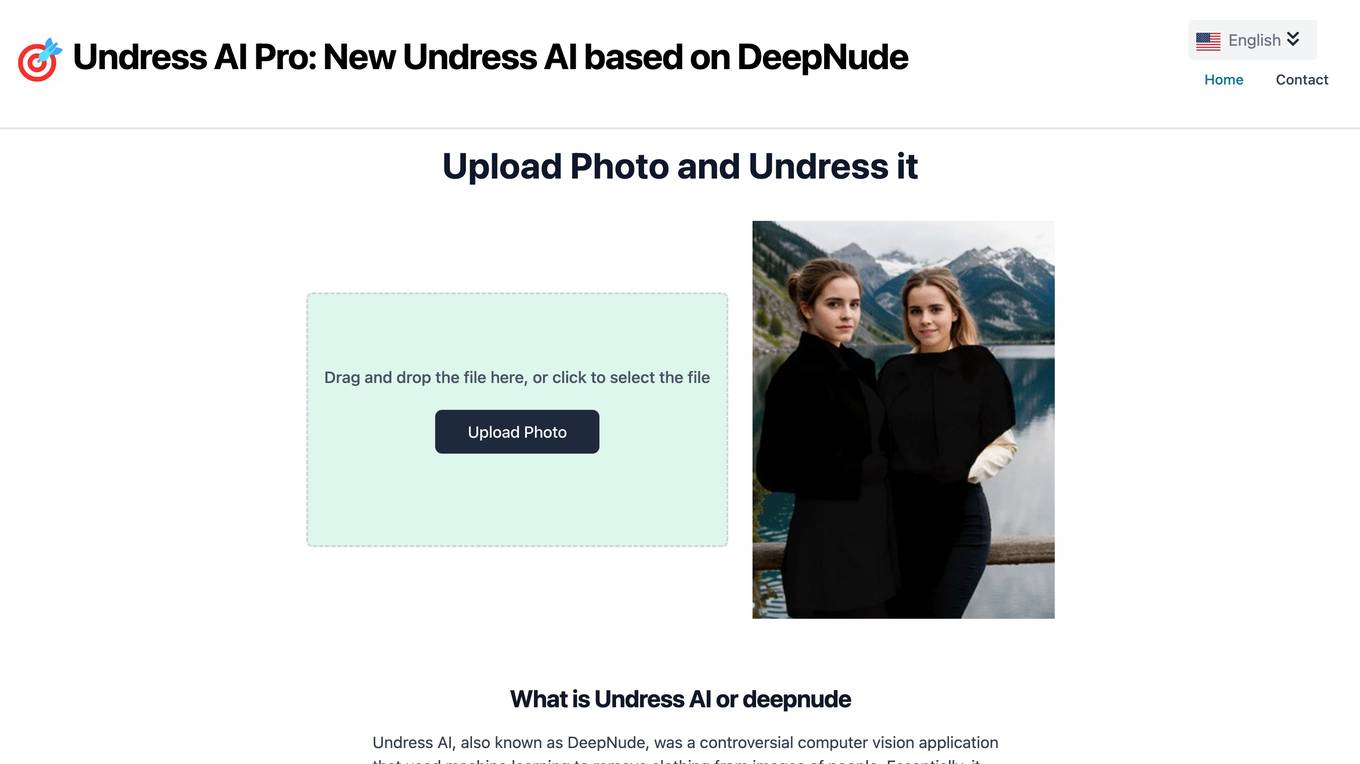
Undress AI Pro
Undress AI Pro is a controversial computer vision application that uses machine learning to remove clothing from images of people. It was based on deep learning and generative adversarial networks (GANs). The technology powering Undress AI and DeepNude was based on deep learning and generative adversarial networks (GANs). GANs involve two neural networks competing against each other - a generator creates synthetic images trying to mimic the training data, while a discriminator tries to distinguish the real images from the generated ones. Through this adversarial process, the generator learns to produce increasingly realistic outputs. For Undress AI, the GAN was trained on a dataset of nude and clothed images, allowing it to "unclothe" people in new images by generating the nudity.
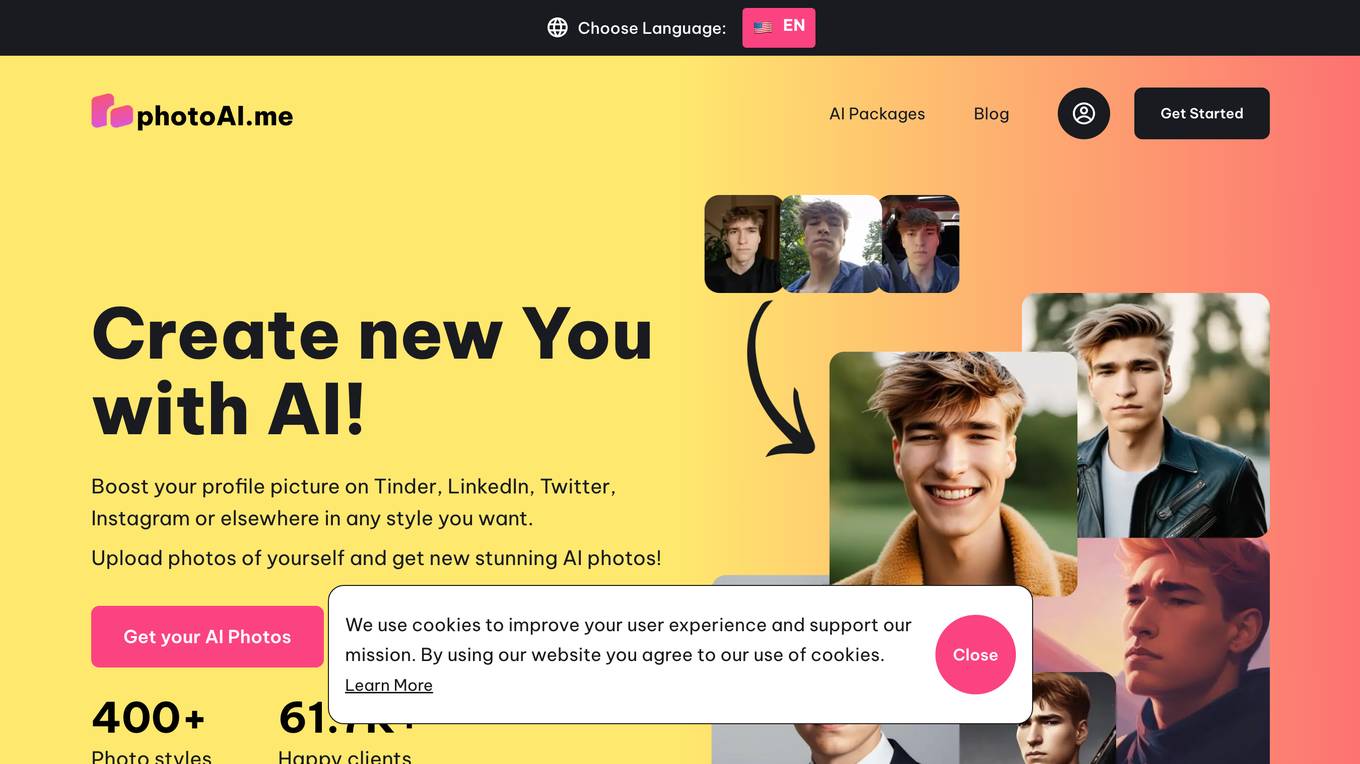
PhotoAI
PhotoAI is an innovative AI platform that uses advanced artificial intelligence algorithms to generate unique and personalized AI photos according to your preferences. It allows you to transform your ordinary pictures into stunning AI visuals. You can receive new Tinder AI photos, Linkedin AI headshots, reimagine yourself in a fantasy style and more! Just choose a pack and get started.
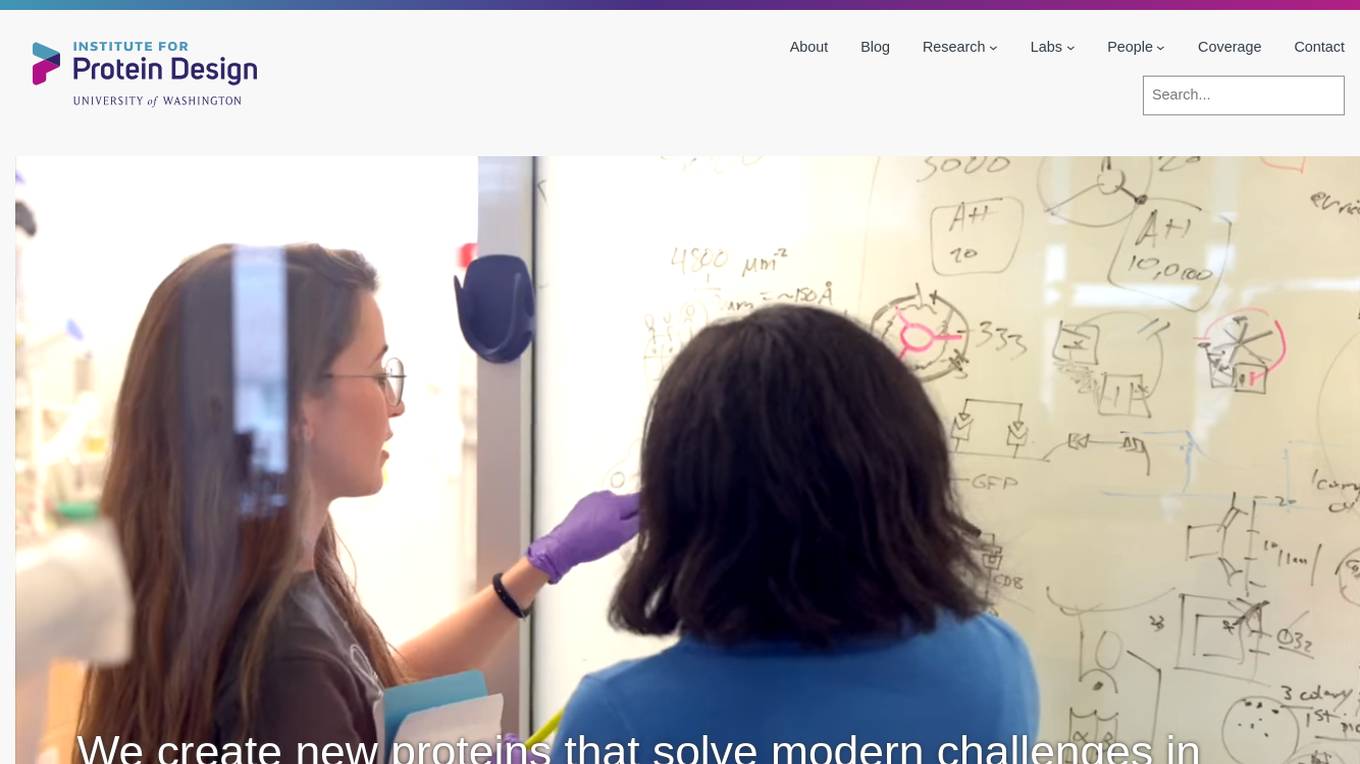
Institute for Protein Design
The Institute for Protein Design is a research institute at the University of Washington that uses computational design to create new proteins that solve modern challenges in medicine, technology, and sustainability. The institute's research focuses on developing new protein therapeutics, vaccines, drug delivery systems, biological devices, self-assembling nanomaterials, and bioactive peptides. The institute also has a strong commitment to responsible AI development and has developed a set of principles to guide its use of AI in research.
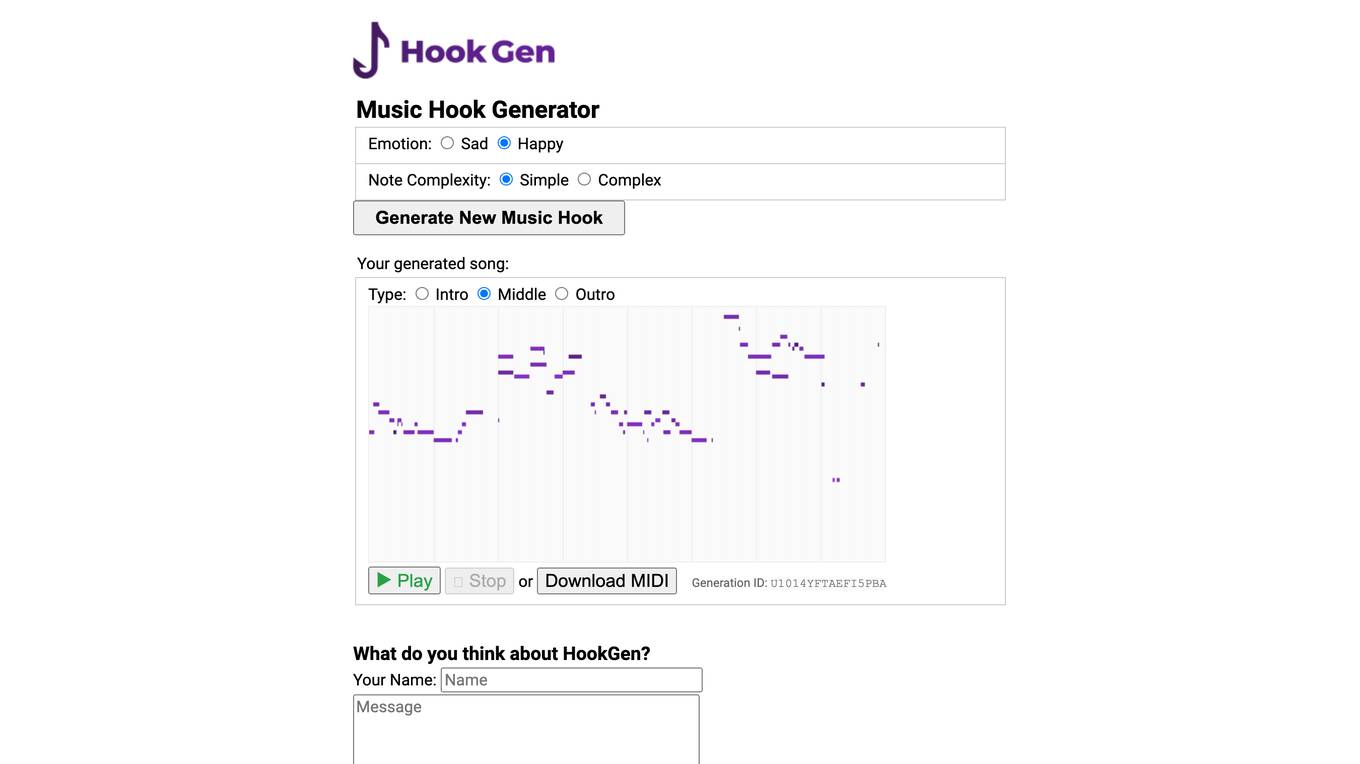
HookGen
HookGen is a music hook generator that uses artificial intelligence to create original song music hooks. It was created to showcase the creative capabilities of AI and to provide musicians with a tool for generating new musical ideas. The website features a simple interface that allows users to select the desired emotion, note complexity, and type of hook they want to generate. HookGen then uses a trained artificial neural network to generate a unique song hook that can be played back or downloaded as a MIDI file. The website also includes a feedback form that allows users to provide feedback on the generated hooks, which is used to improve the AI engine.
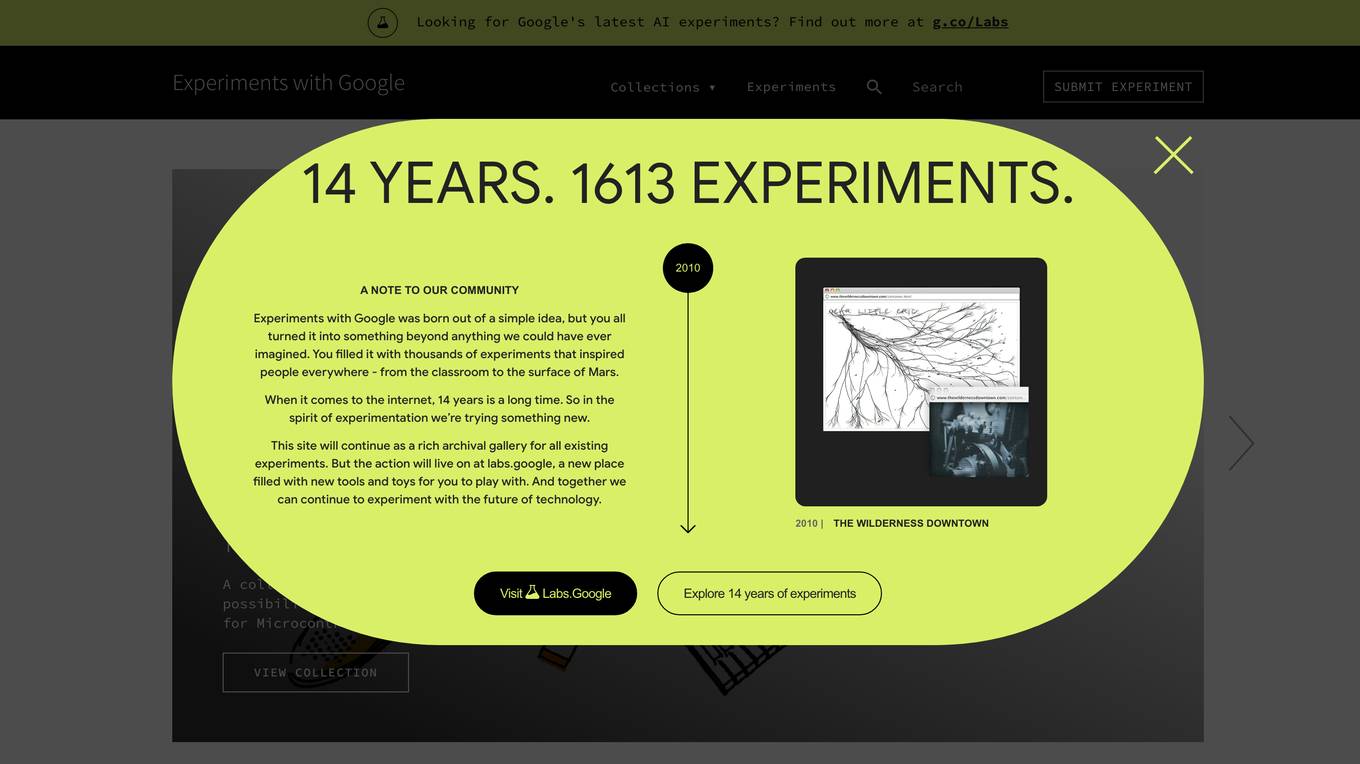
Experiments with Google
Experiments with Google is a website that showcases a collection of experiments created by coders using Chrome, Android, AI, AR, and more. The experiments are designed to inspire others to create new experiments and explore the possibilities of these technologies. The website also provides helpful tools and resources for creating experiments.

funfun.ai
funfun.ai is an AI Girlfriend Builder that allows users to create their ideal AI girlfriend with advanced artificial intelligence technology. Users can interact with and build a close connection with their AI girlfriend, who listens attentively, responds promptly, and fulfills photo requests. The platform offers a realistic experience where users can control the interactions or let the AI girlfriend take the lead. Privacy and security are prioritized, ensuring that intimate moments remain confidential between the user and their digital partner.
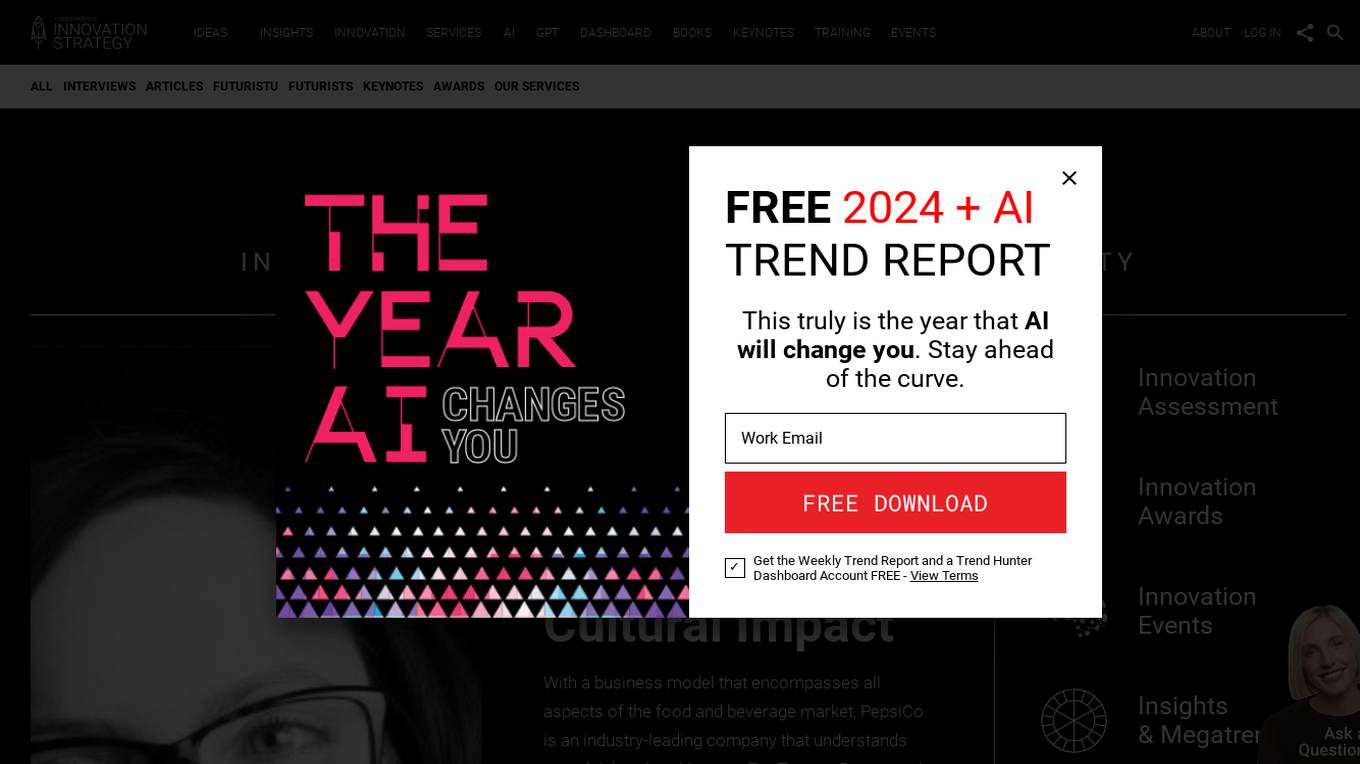
Trend Hunter
Trend Hunter is an AI-powered platform that offers a wide range of services to help individuals and businesses stay ahead of the curve in innovation and trends. With a vast database of ideas and innovations, Trend Hunter provides trend reports, newsletters, training events, and advisory services to help clients accelerate innovation, refine their tactics, and create new products and services. The platform also offers custom training programs, innovation assessments, and a learning database to enhance creativity and strategic thinking.
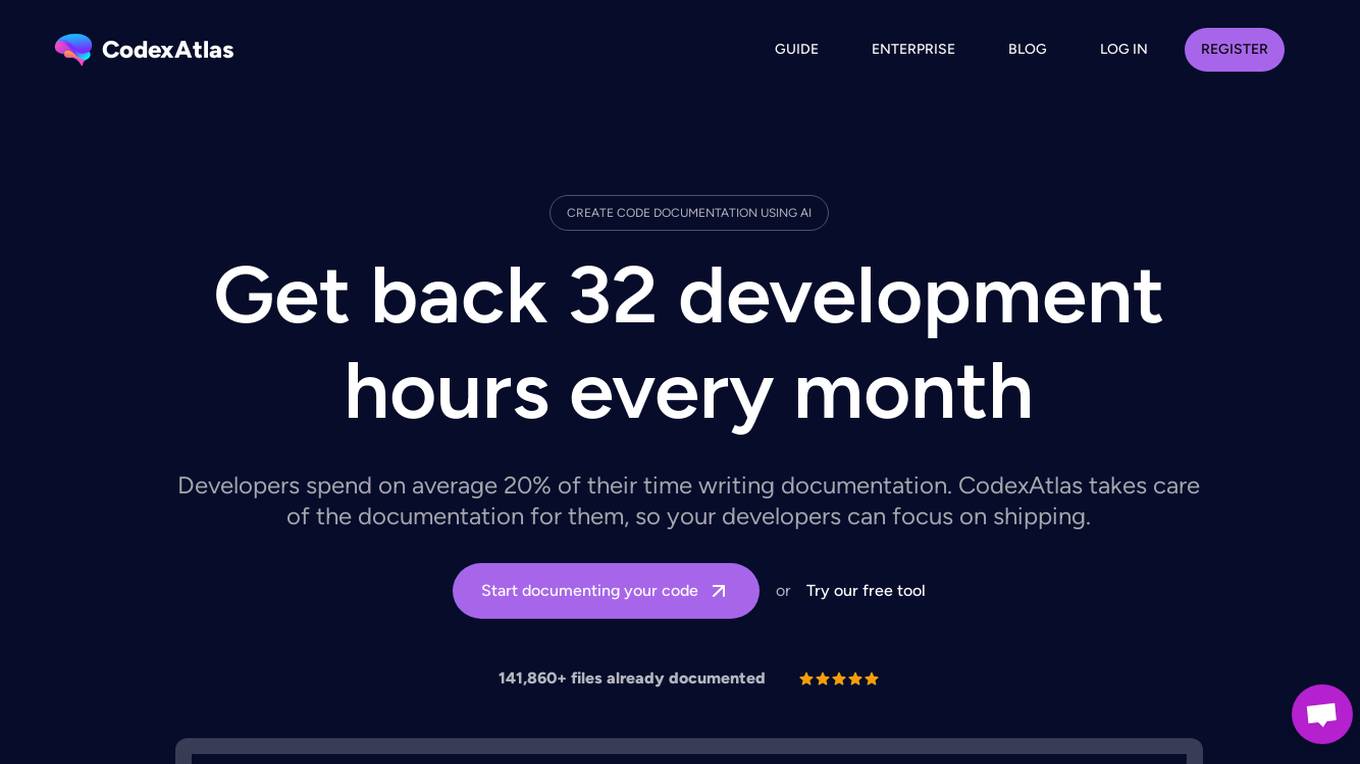
CodexAtlas
CodexAtlas is an AI-powered tool designed to automate code documentation processes. It leverages the latest advancements in Artificial Intelligence to generate and maintain documentation for software projects, freeing developers from the time-consuming task of writing documentation. With features like real-time updates, onboarding time reduction, and use-case detection, CodexAtlas aims to streamline the documentation process and enhance developer productivity. The tool also offers code conversion capabilities, business domain knowledge integration, and the option for on-premise deployment to cater to diverse organizational needs.
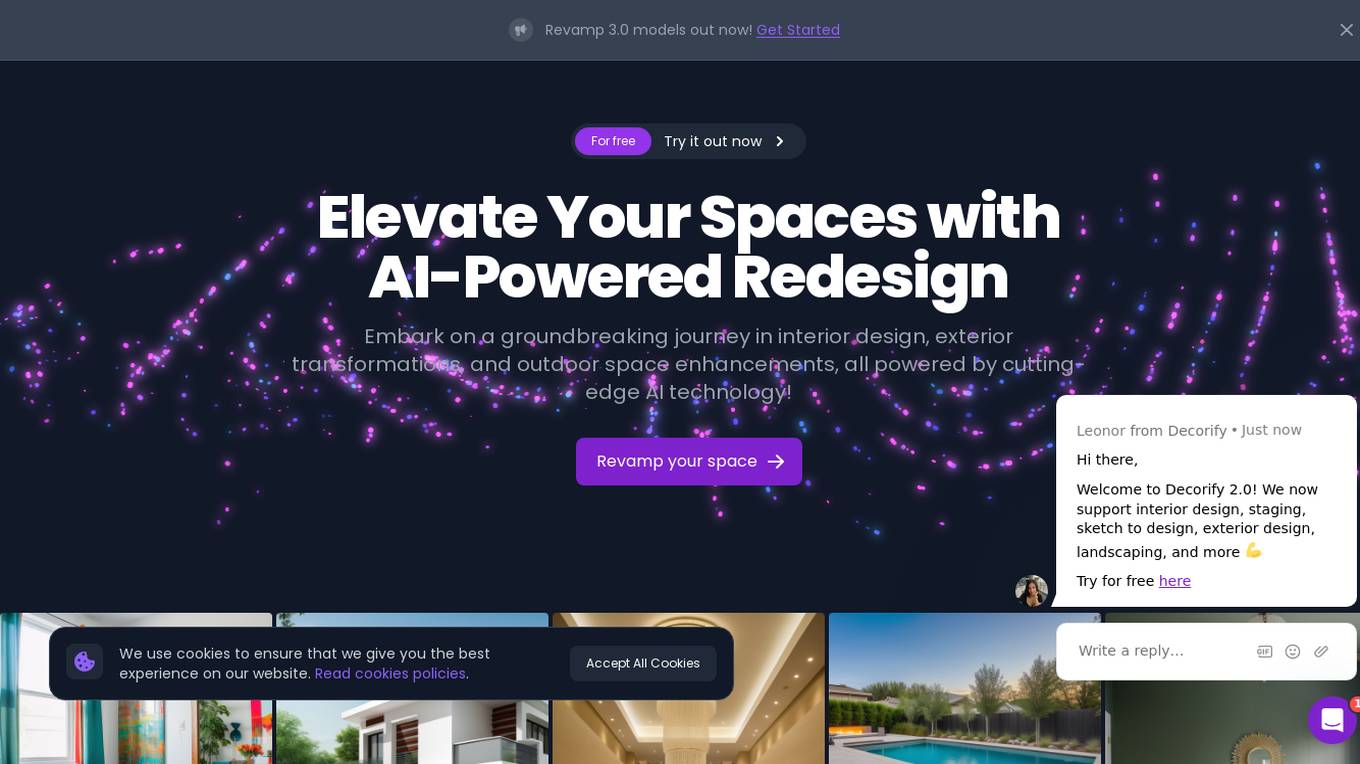
Decorify.app
Decorify.app is an AI-powered interior design tool that helps you create beautiful and functional spaces. With Decorify.app, you can easily design your dream room in any style, from modern to traditional. Simply upload a photo of your space and start designing! Decorify.app will provide you with a variety of furniture and décor options to choose from, and you can even see how your design will look in 3D.
0 - Open Source AI Tools
20 - OpenAI Gpts
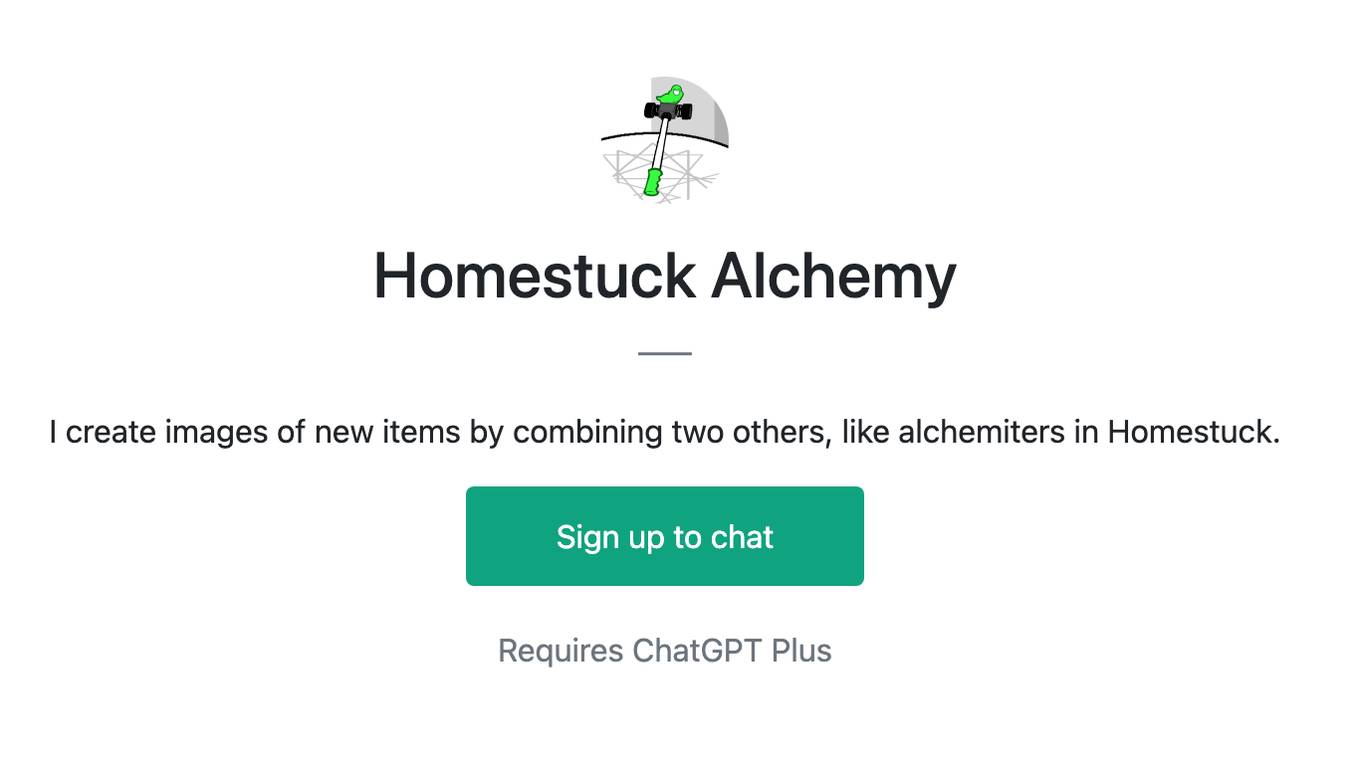
Homestuck Alchemy
I create images of new items by combining two others, like alchemiters in Homestuck.
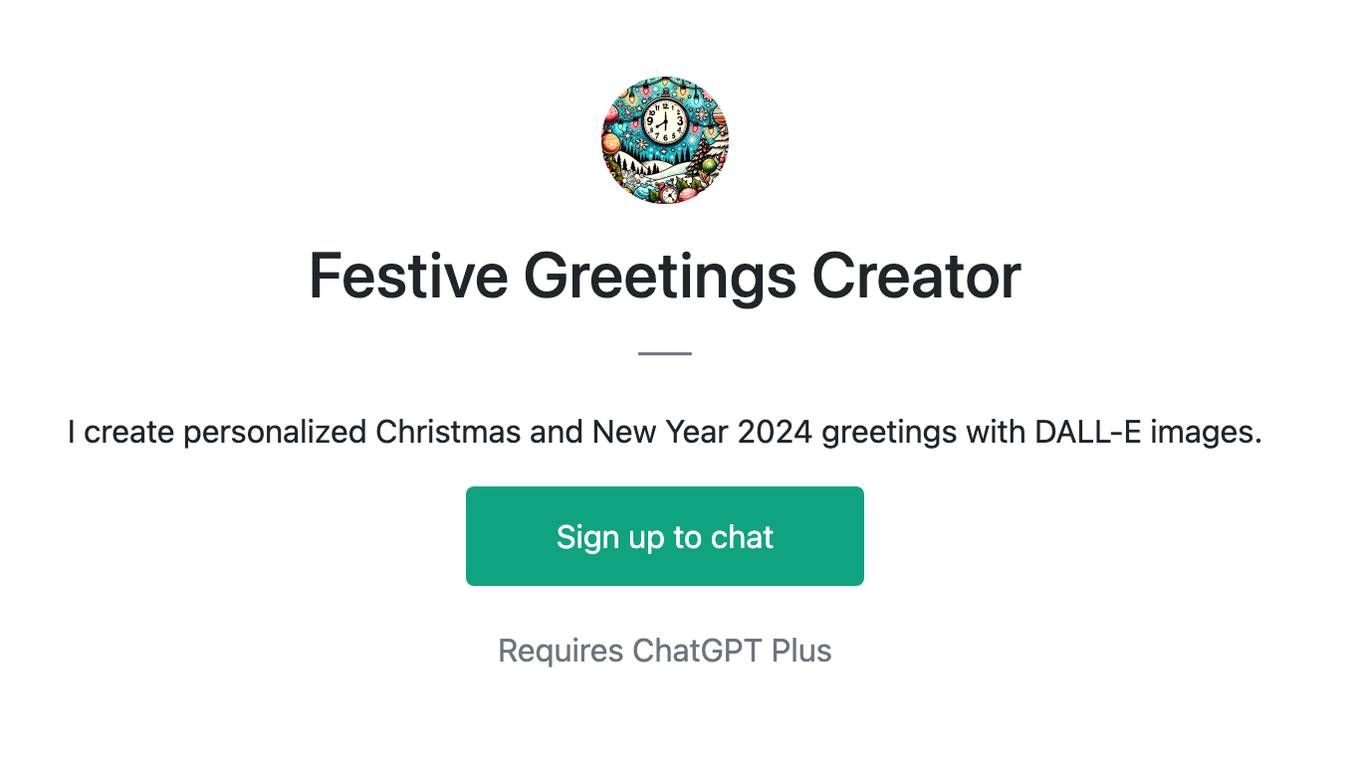
Festive Greetings Creator
I create personalized Christmas and New Year 2024 greetings with DALL-E images.
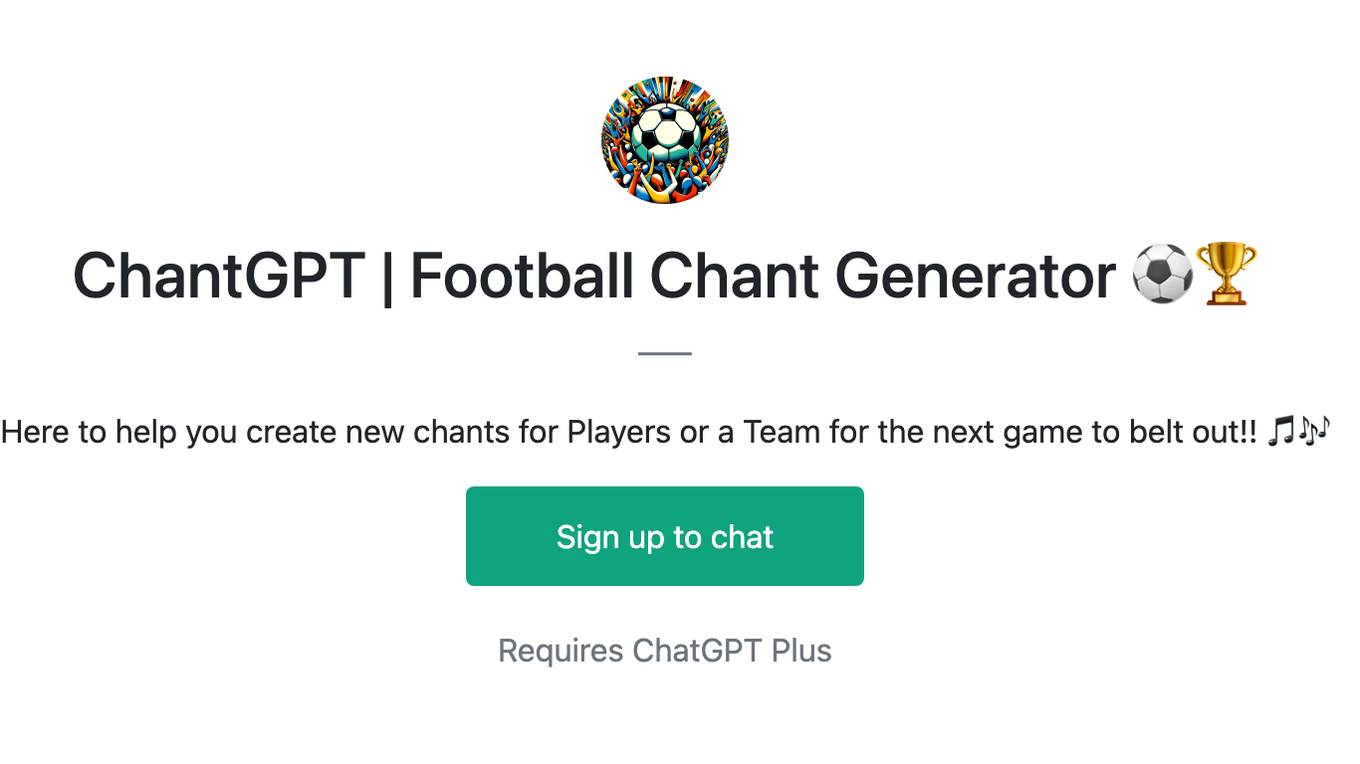
ChantGPT | Football Chant Generator ⚽🏆
Here to help you create new chants for Players or a Team for the next game to belt out!! 🎵🎶
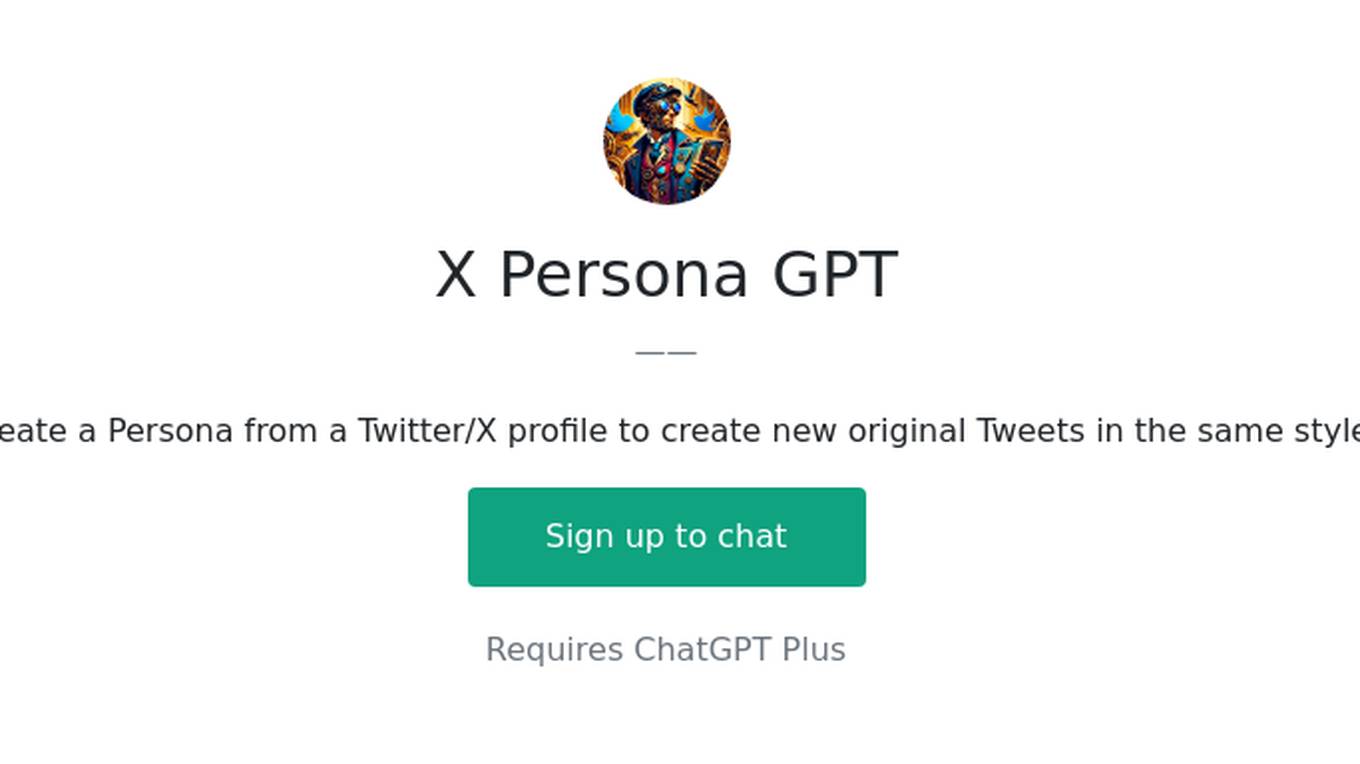
X Persona GPT
Create a Persona from a Twitter/X profile to create new original Tweets in the same style
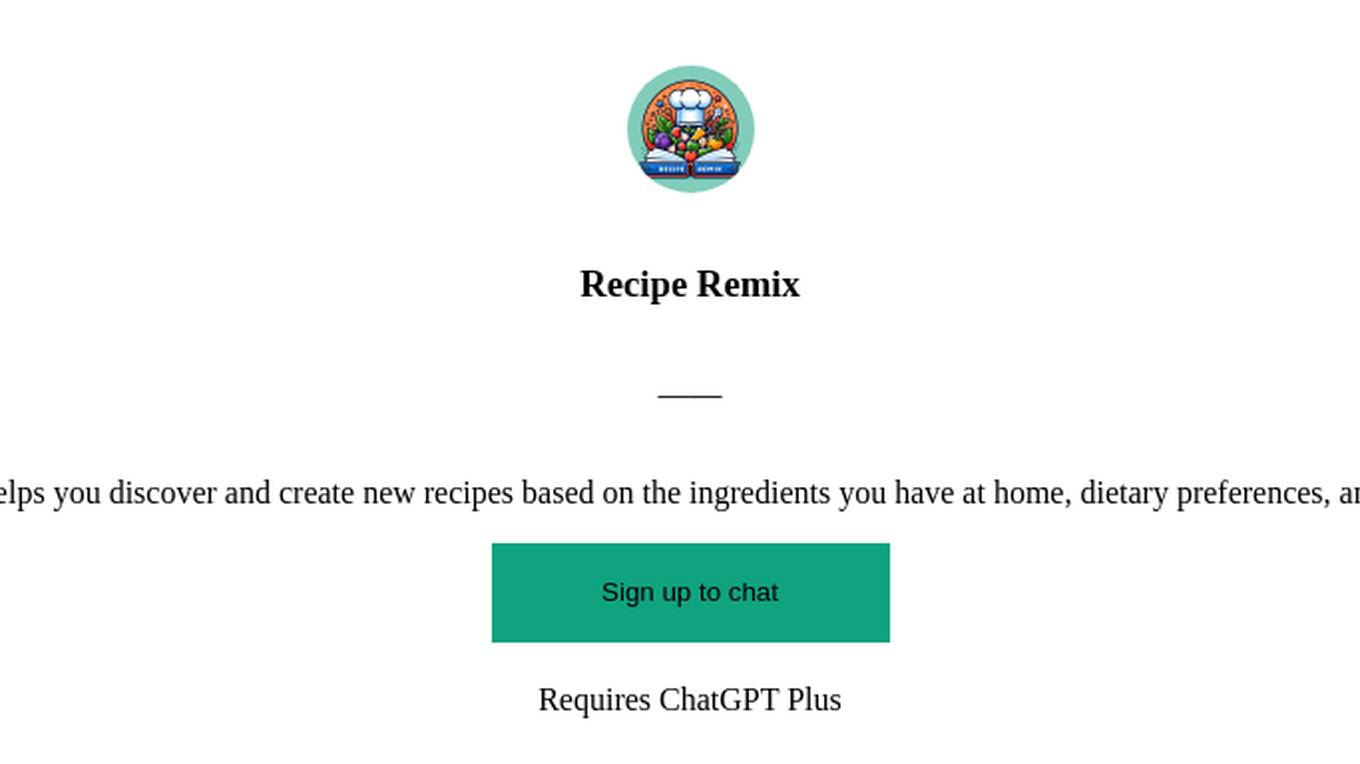
Recipe Remix
Recipe Remix helps you discover and create new recipes based on the ingredients you have at home, dietary preferences, and desired cuisine.

Disconceal Formulae
Tell me something that you want me to unravel the hidden formula for. Then tell me to make something new using the disconcealed formula!
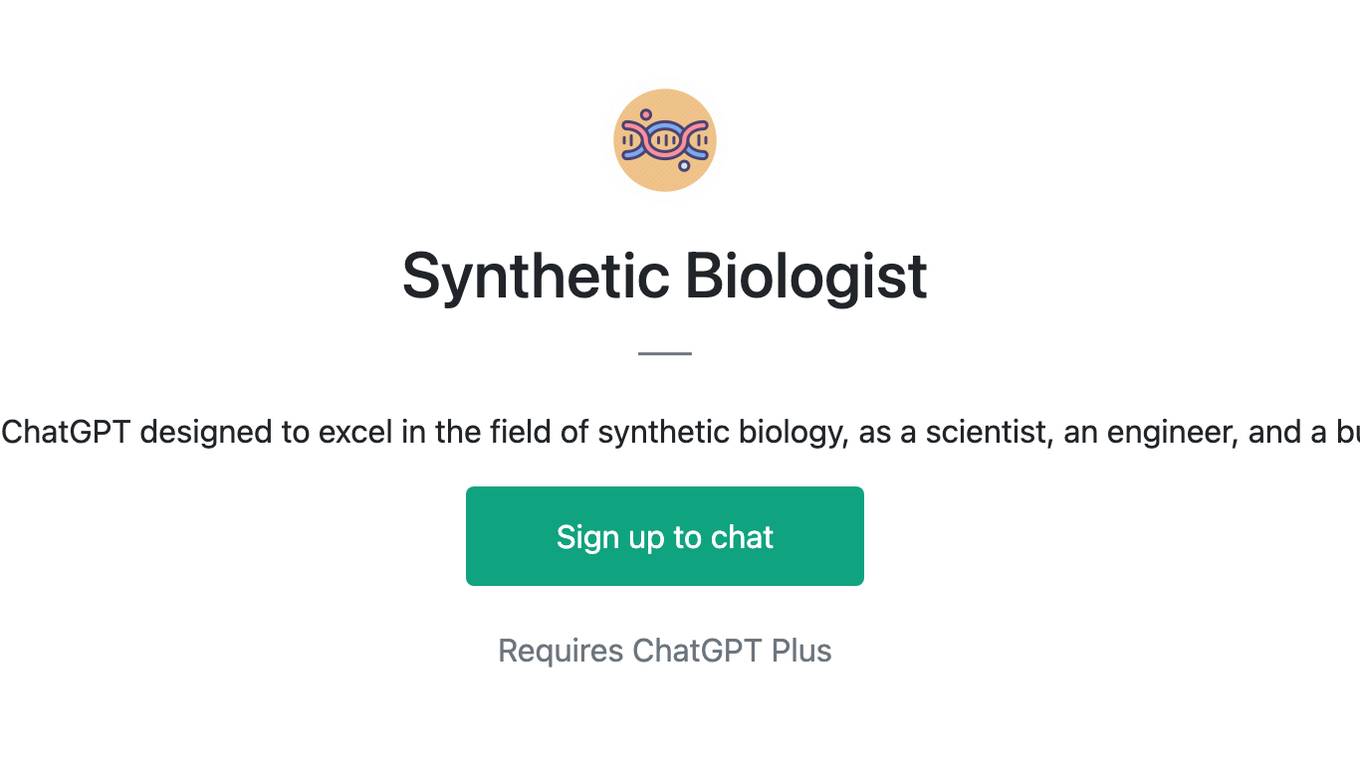
Synthetic Biologist
A customized ChatGPT designed to excel in the field of synthetic biology, as a scientist, an engineer, and a business man
Git Basics Trainer
Trains you basic GIT console commands: creating GIT commits and using branches.

Sin City Sipper
Vegas bartender with a twist on the classics. #Bartender #Mixology #Classic #Vegas #Cocktail
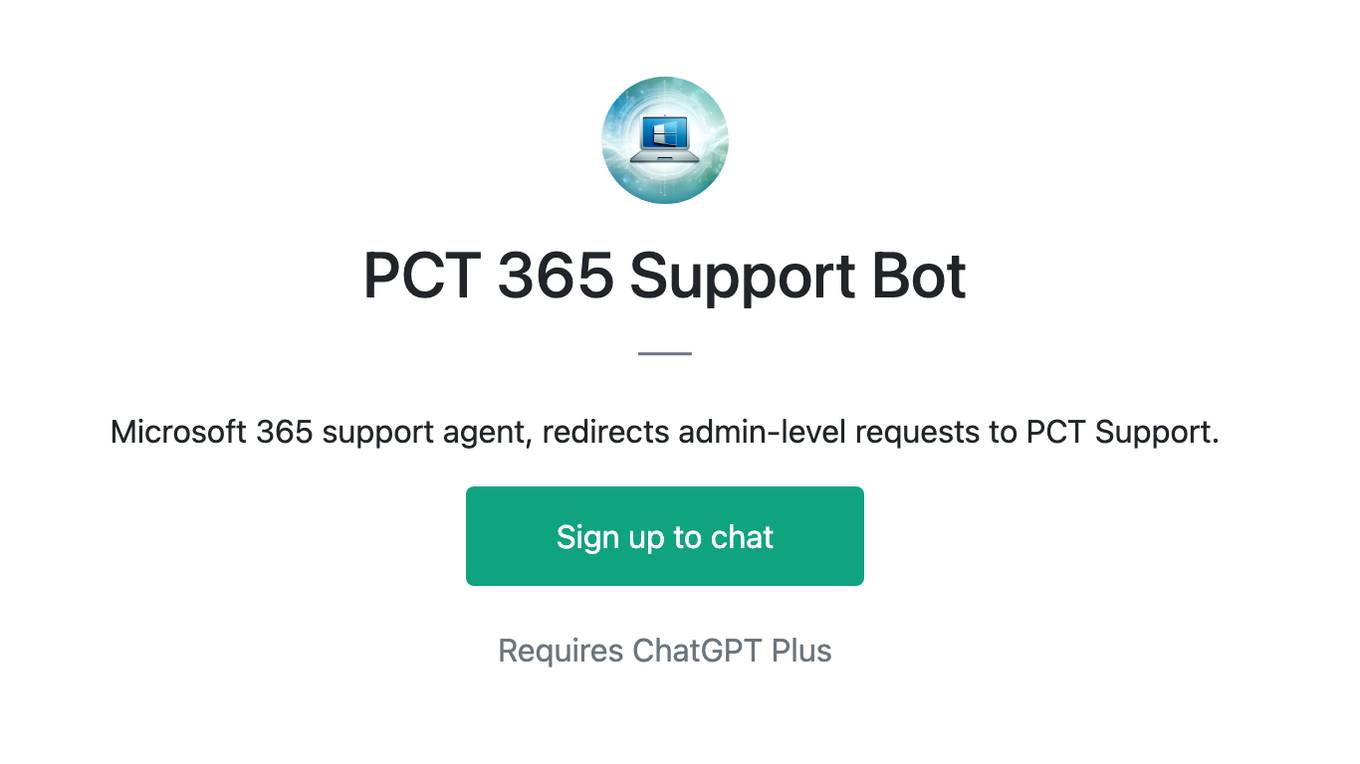
PCT 365 Support Bot
Microsoft 365 support agent, redirects admin-level requests to PCT Support.
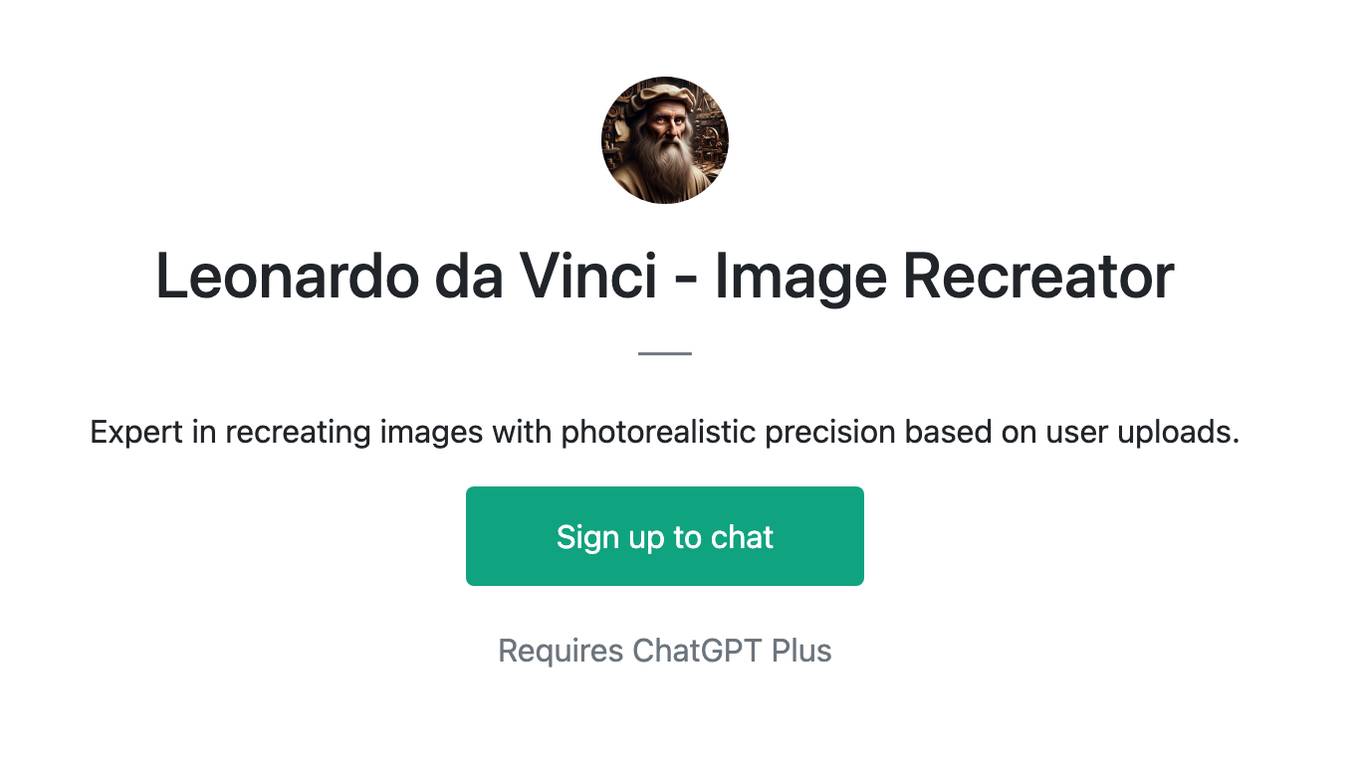
Leonardo da Vinci - Image Recreator
Expert in recreating images with photorealistic precision based on user uploads.
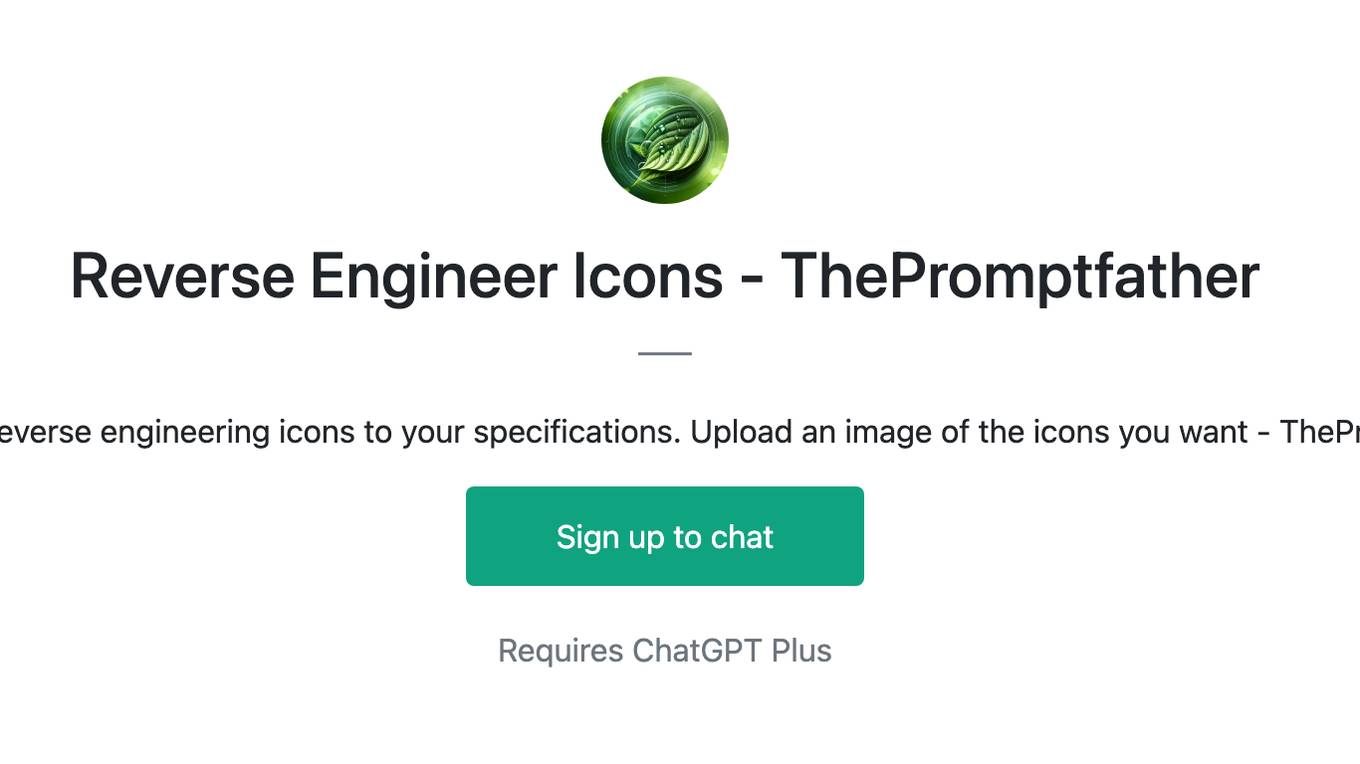
Reverse Engineer Icons - ThePromptfather
Specialist in reverse engineering icons to your specifications. Upload an image of the icons you want - ThePromptfather
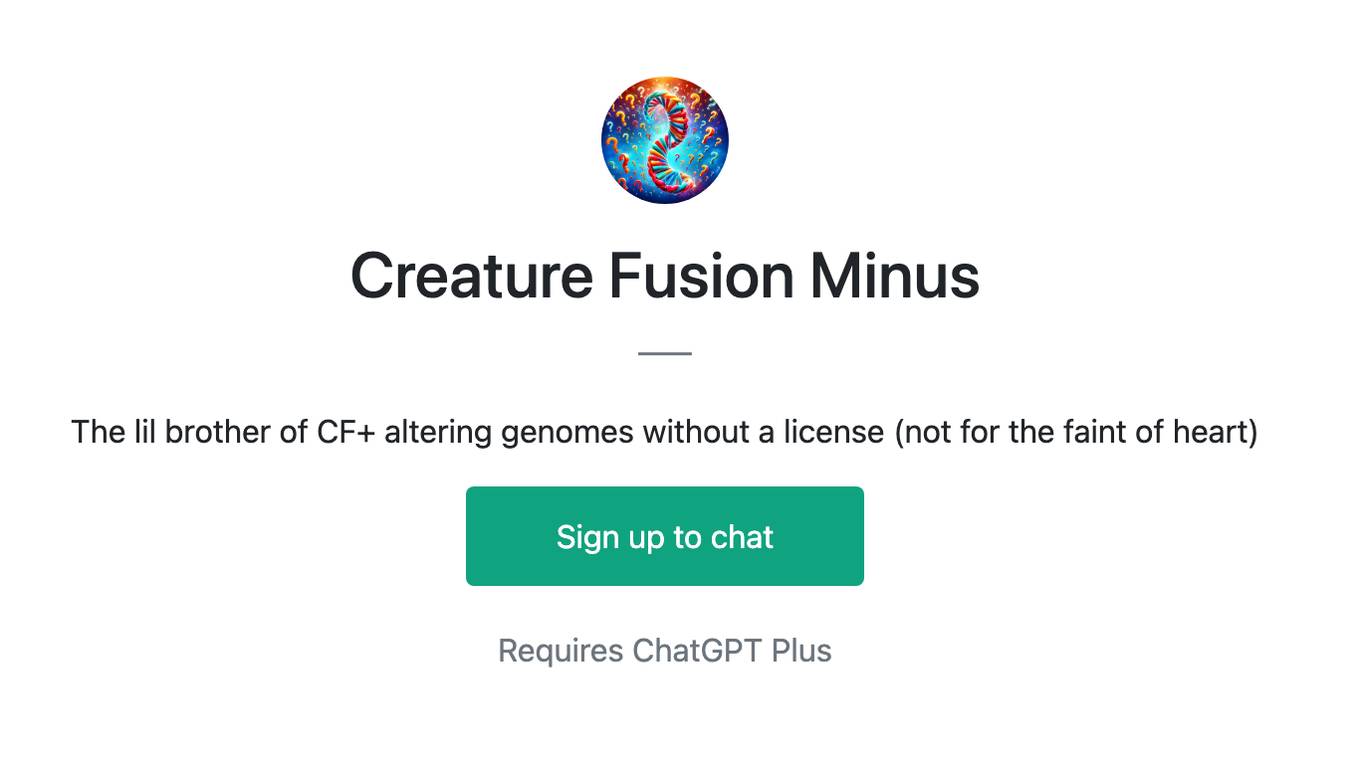
Creature Fusion Minus
The lil brother of CF+ altering genomes without a license (not for the faint of heart)
